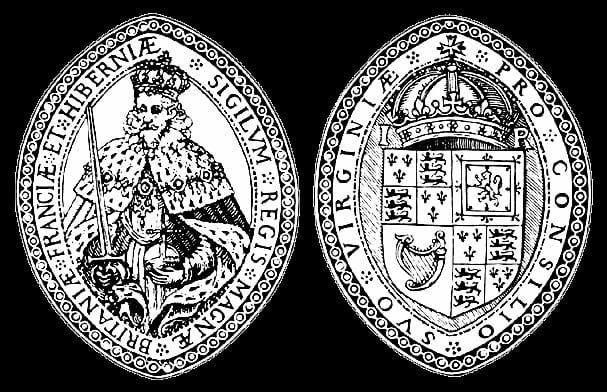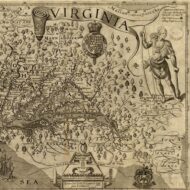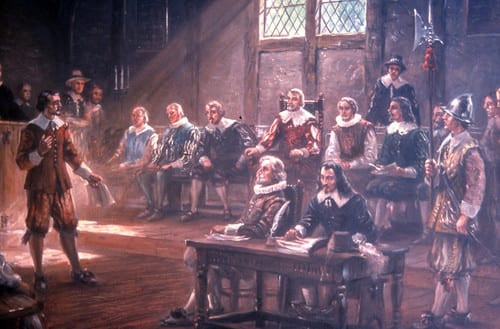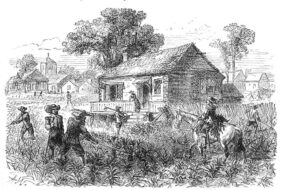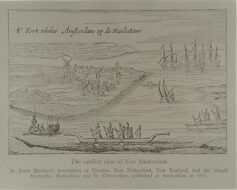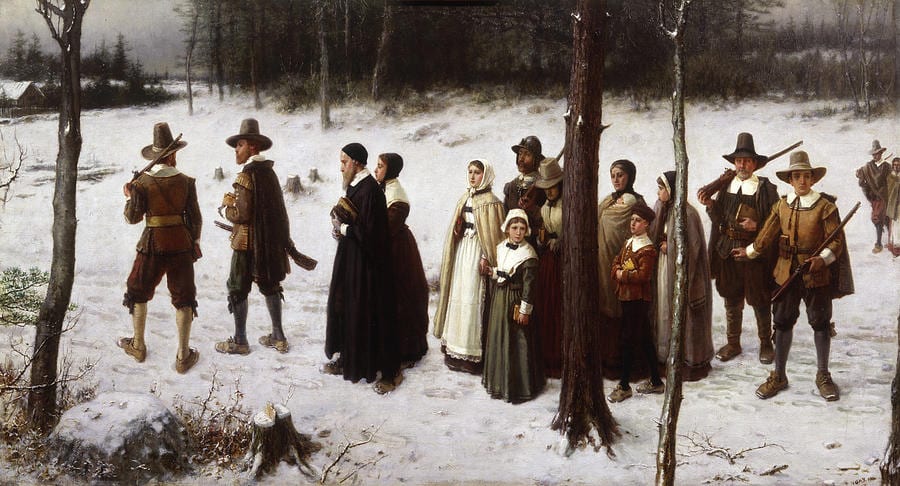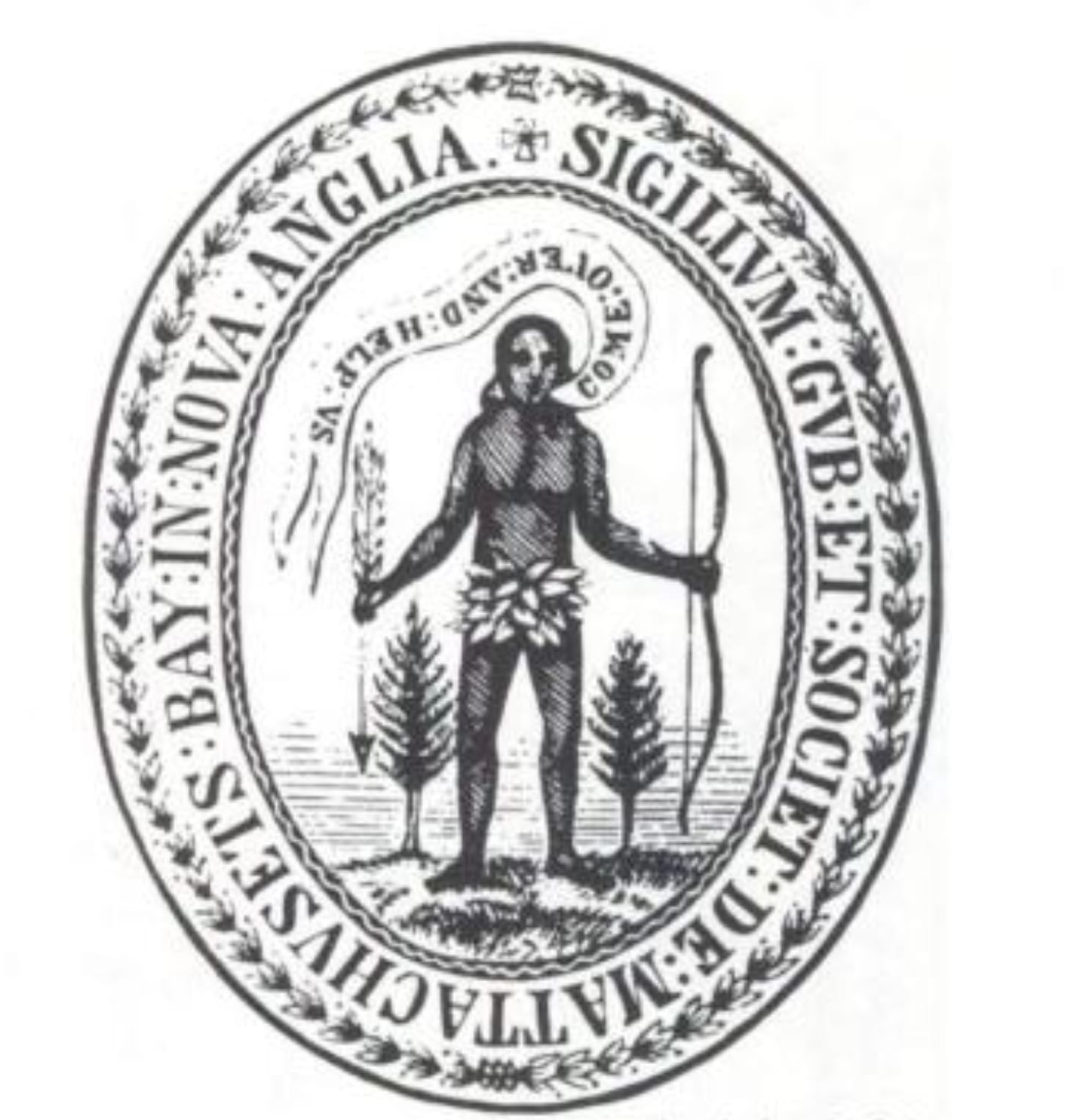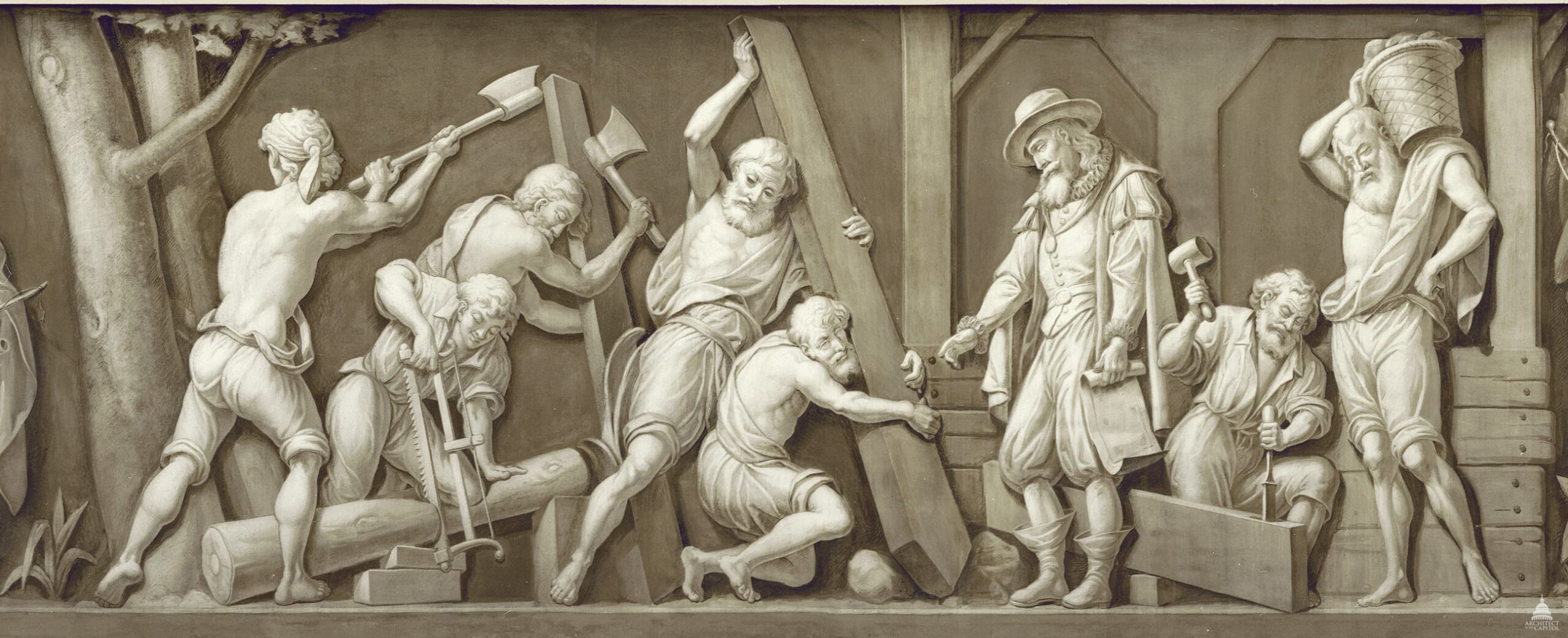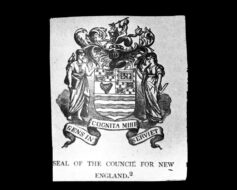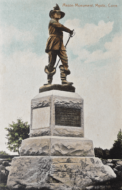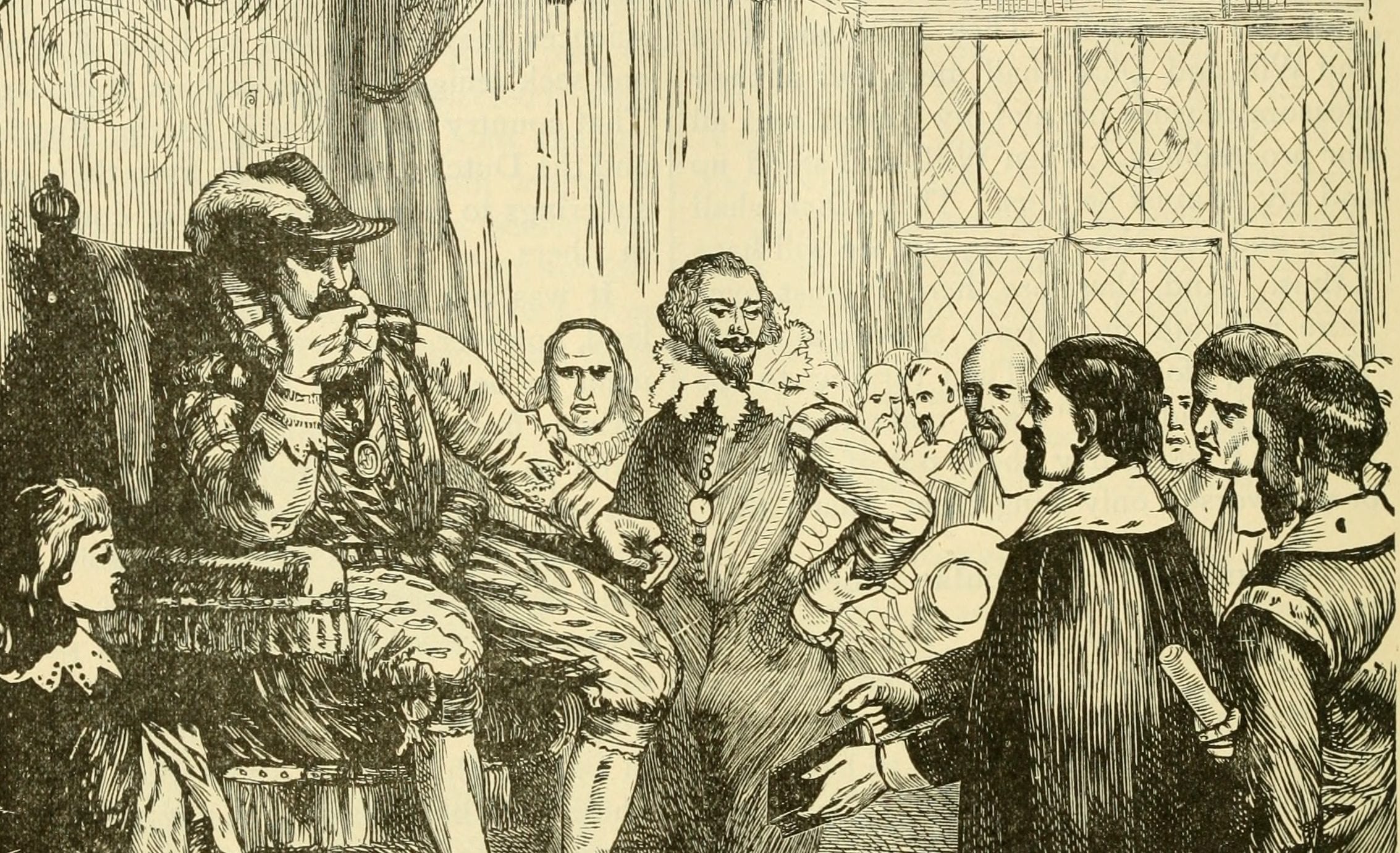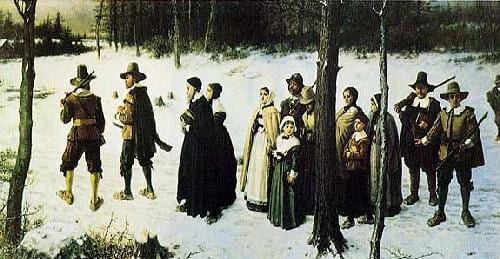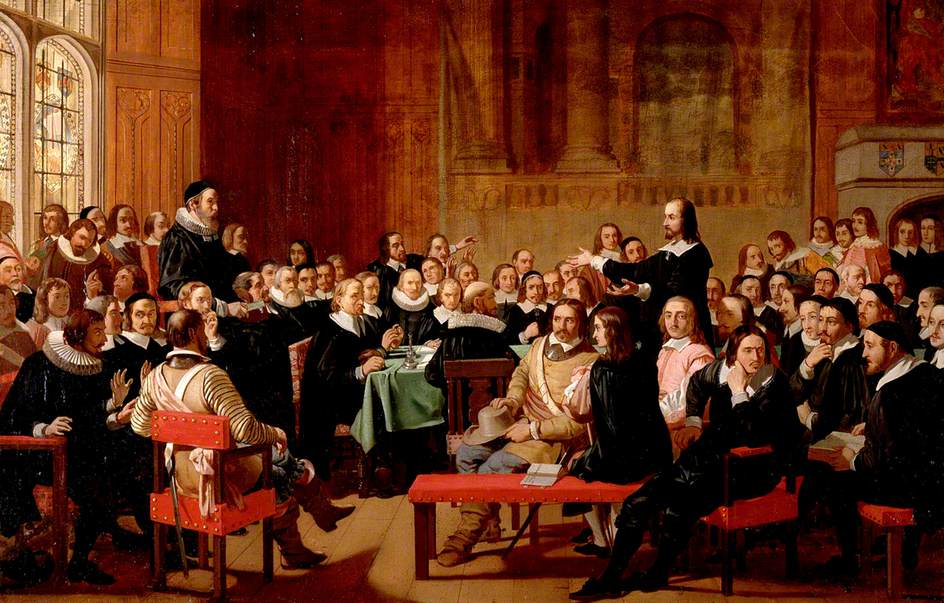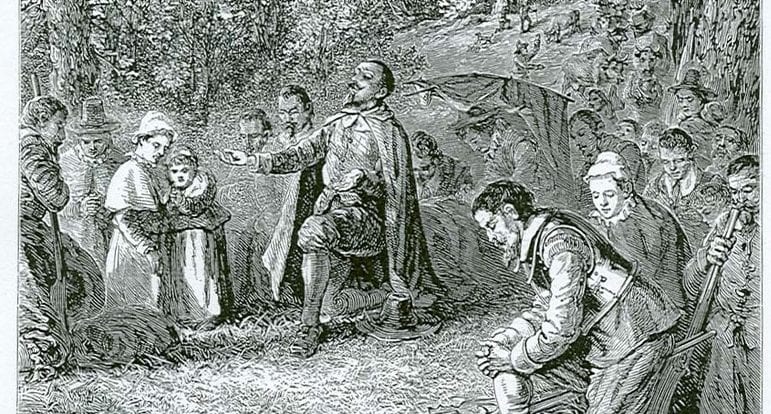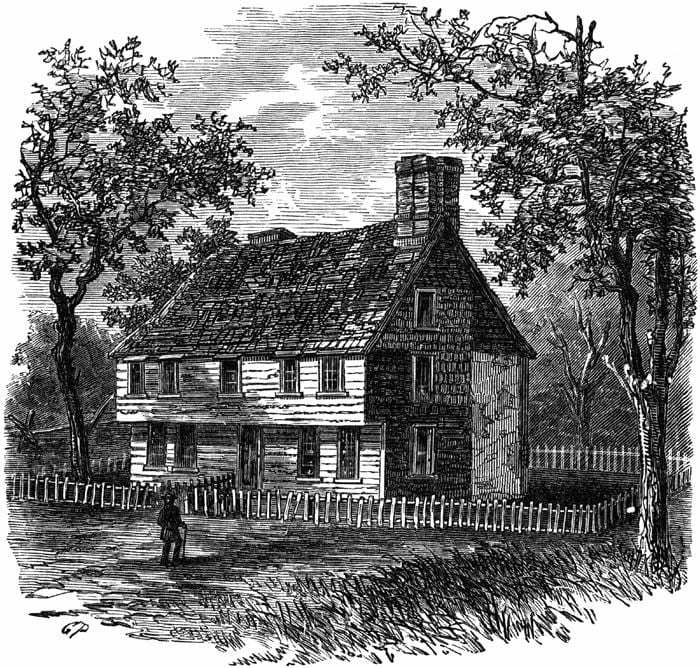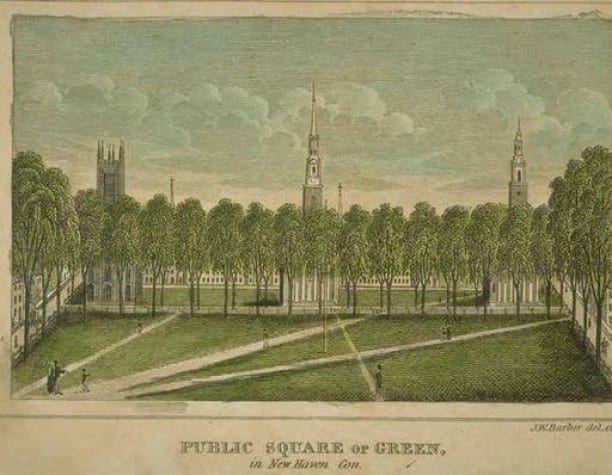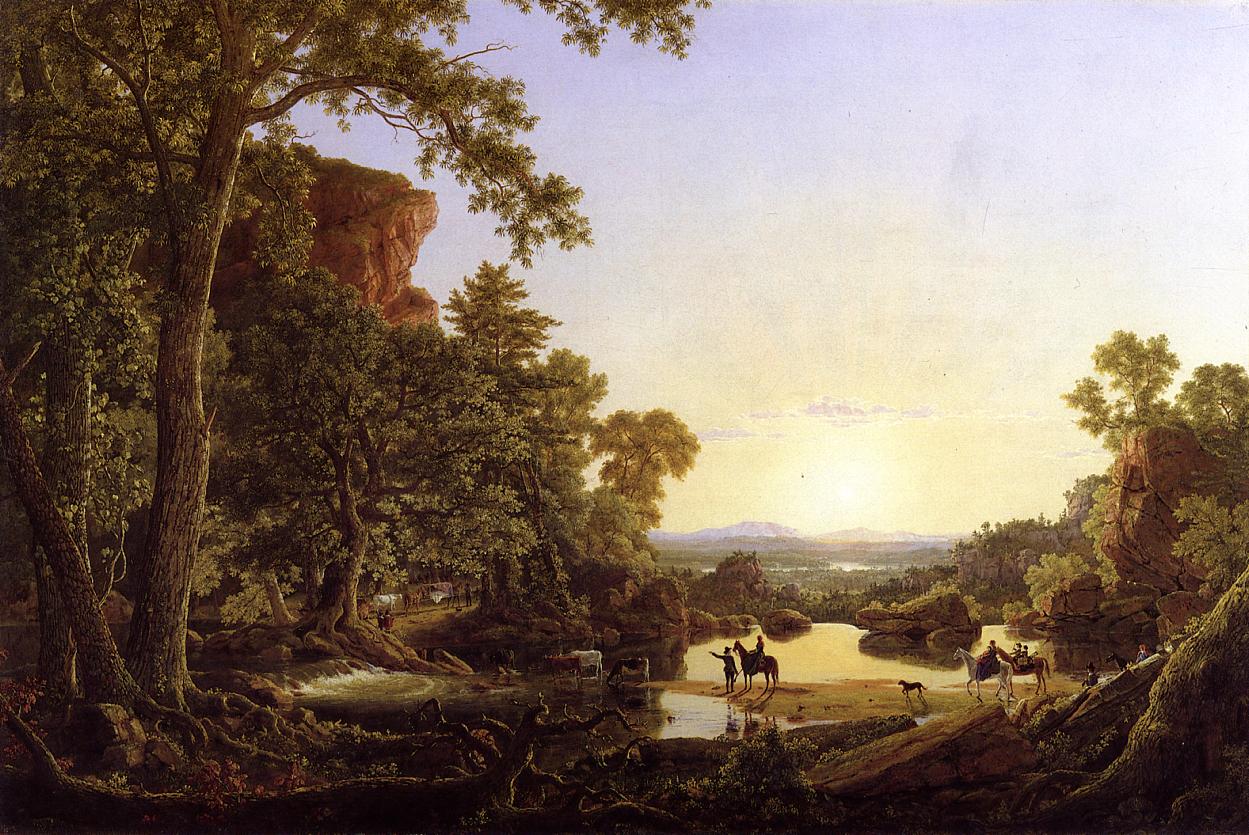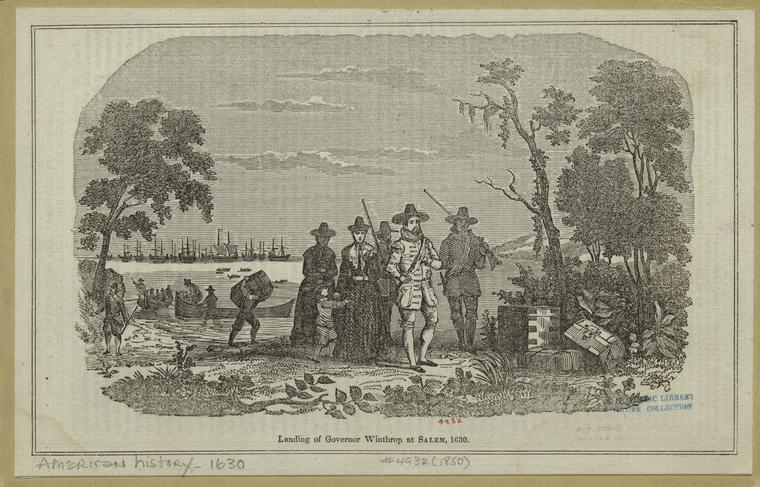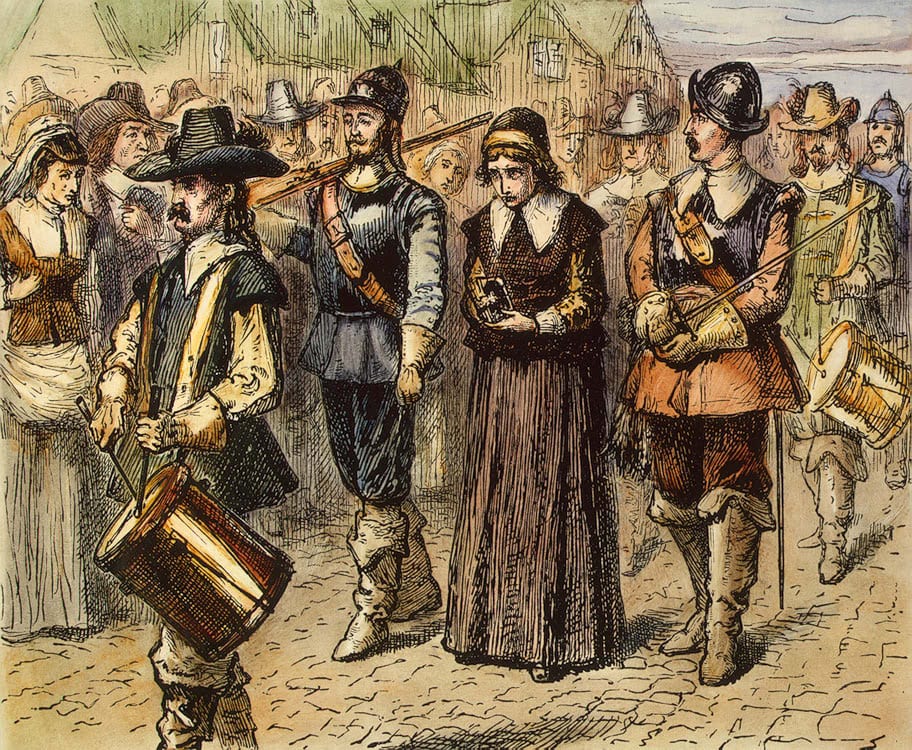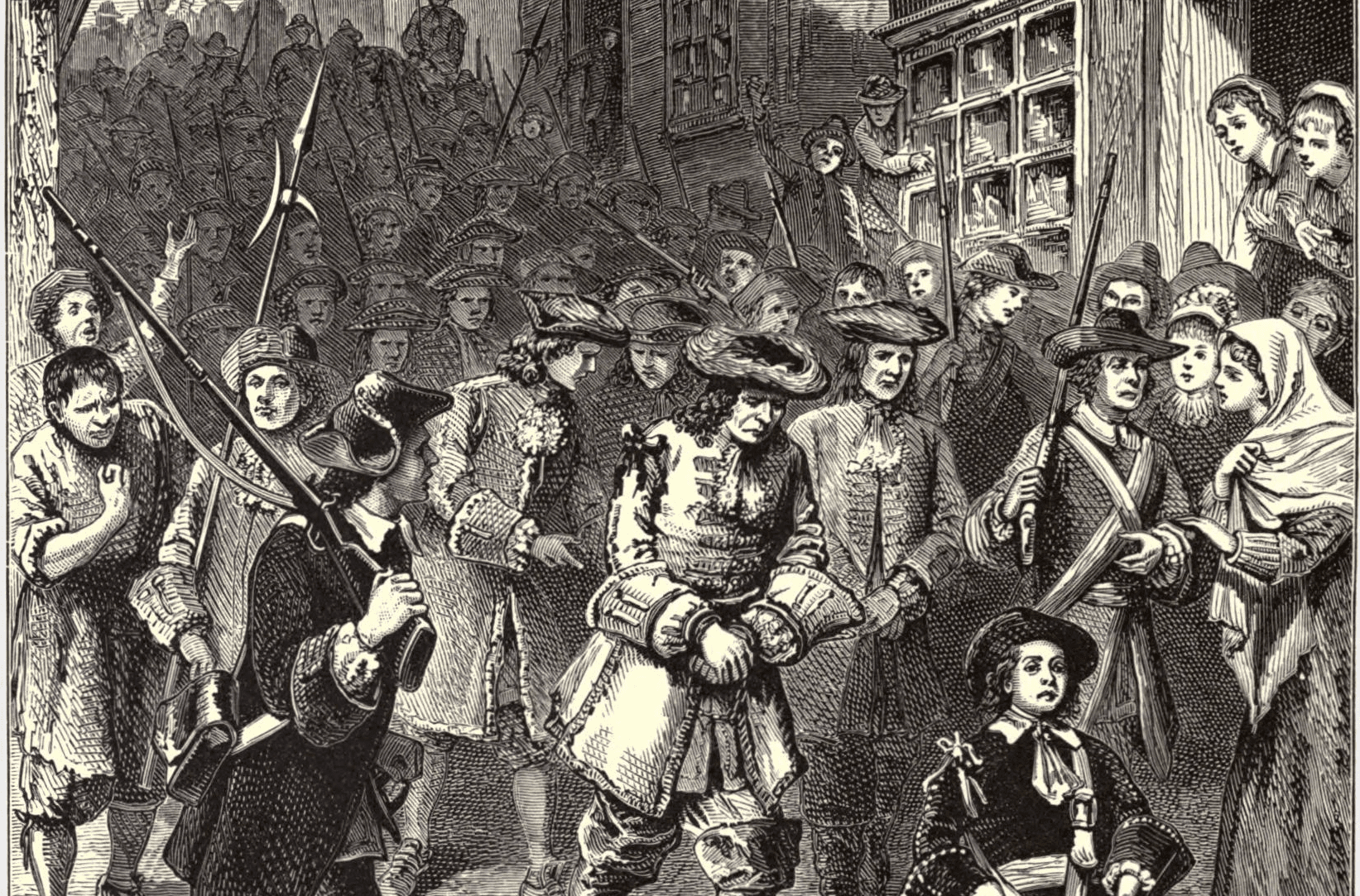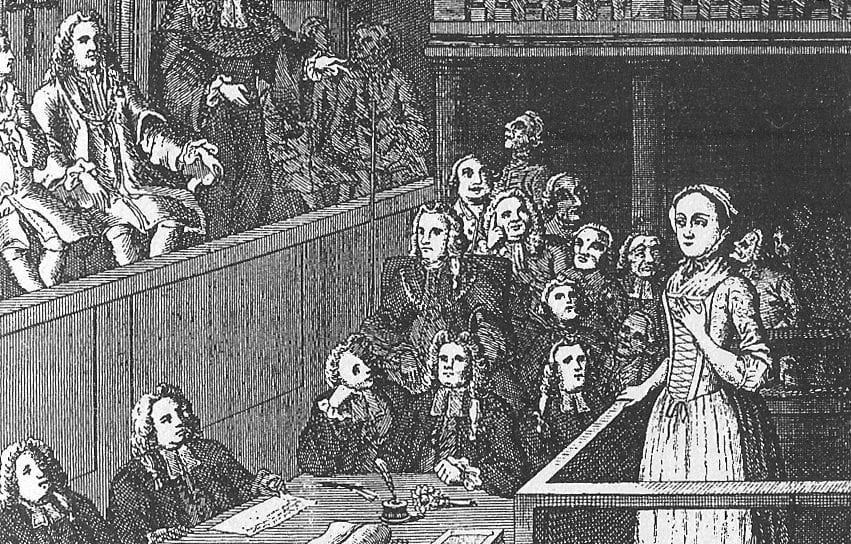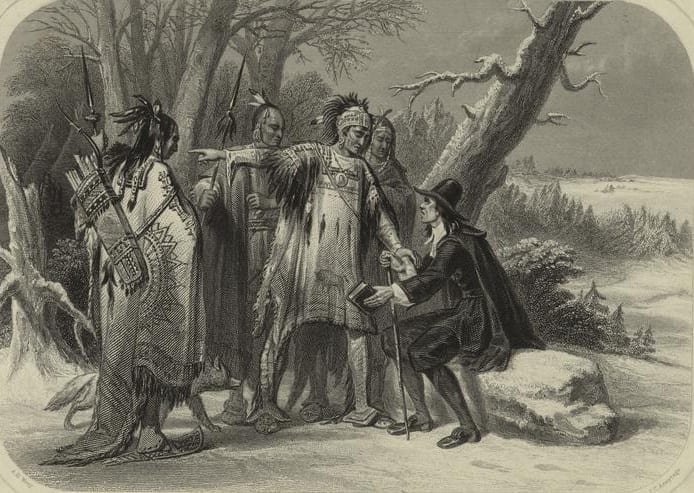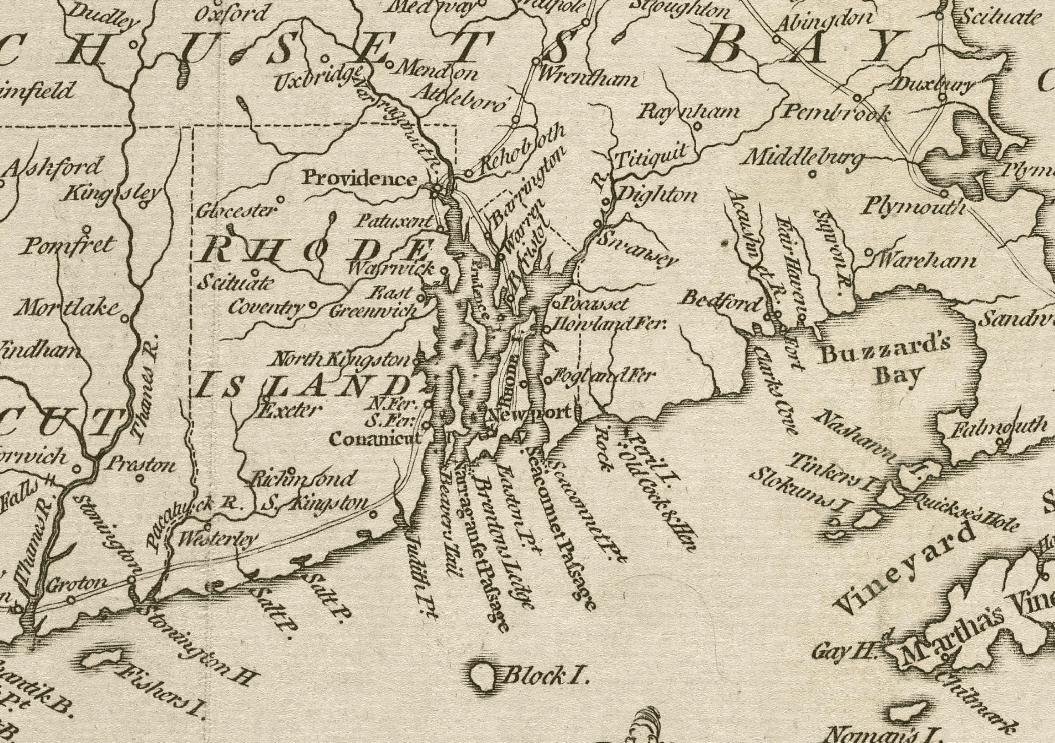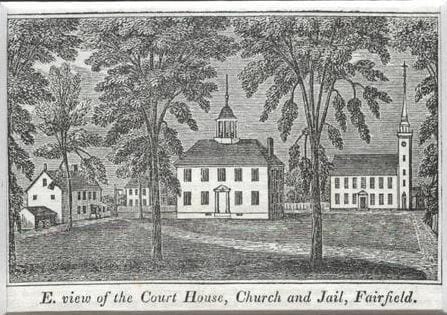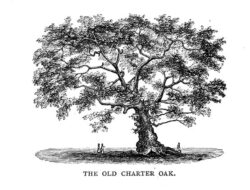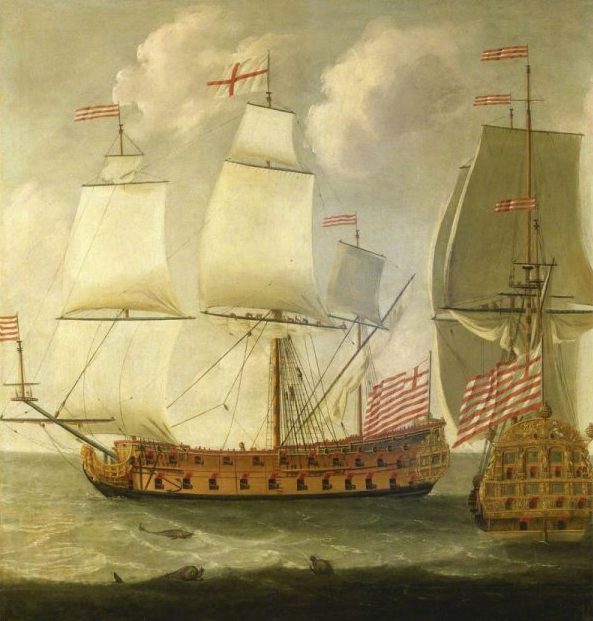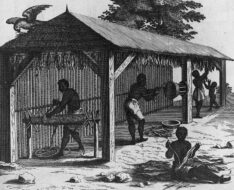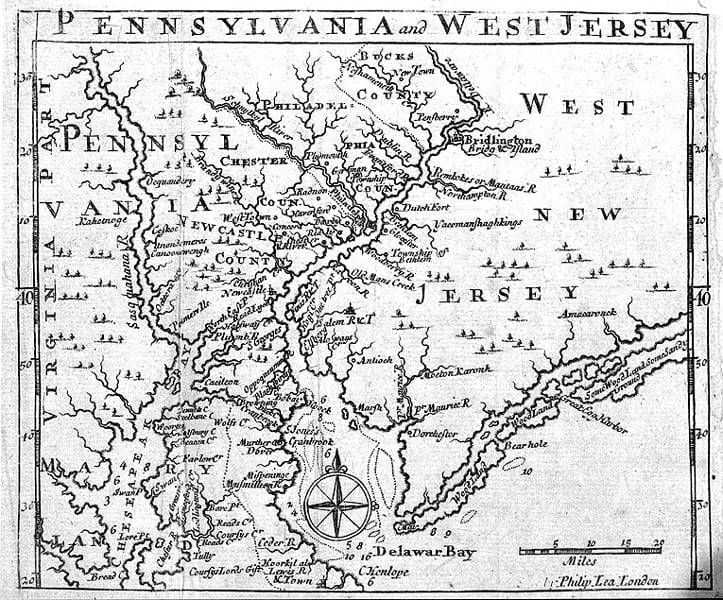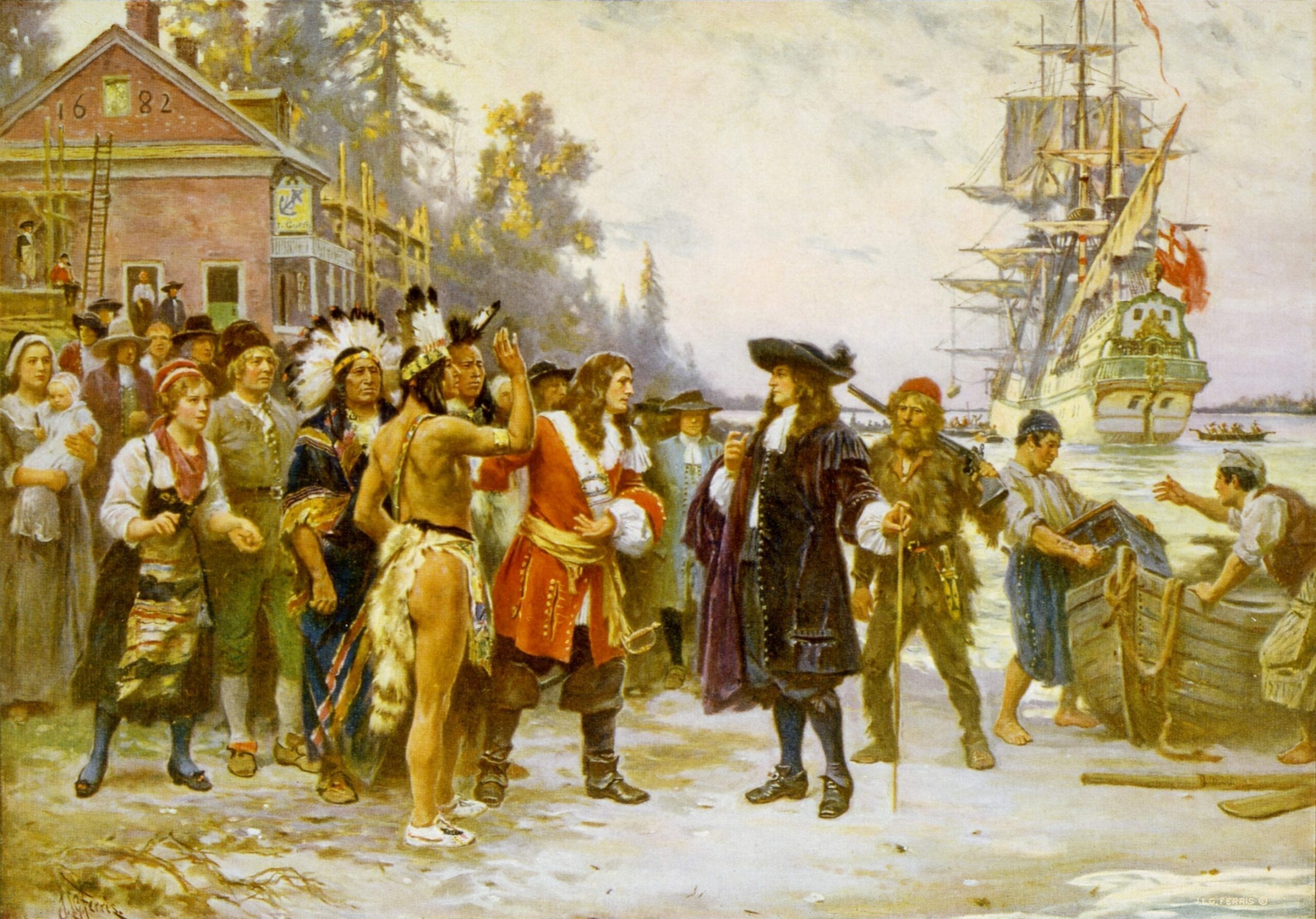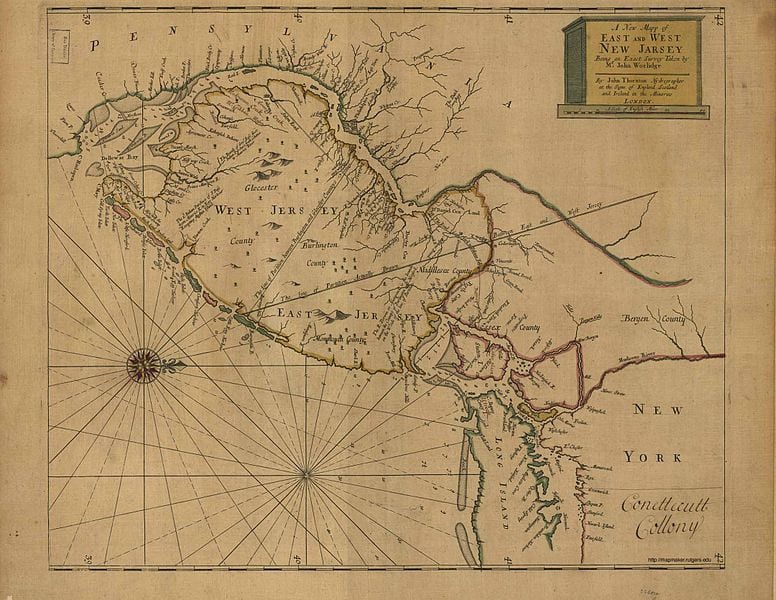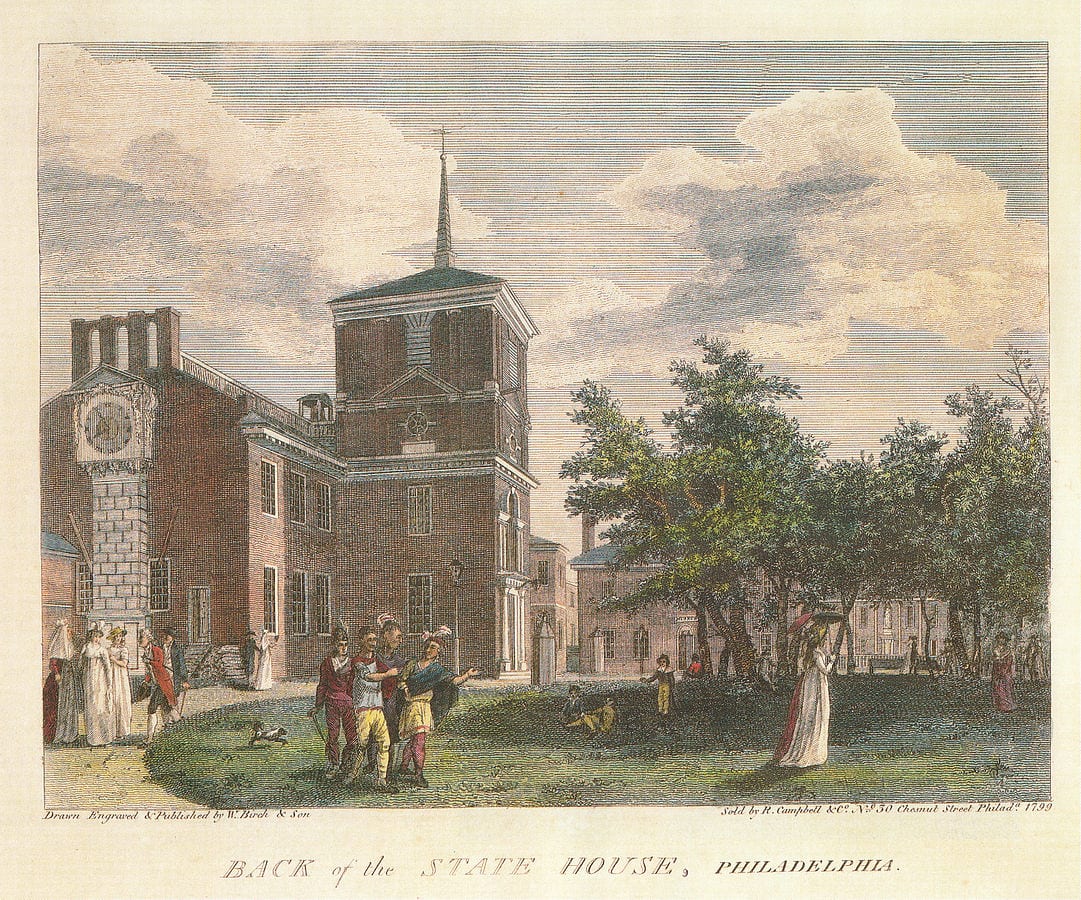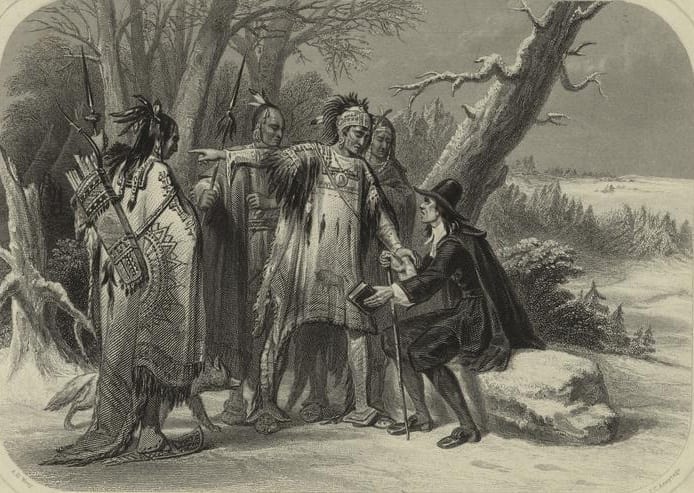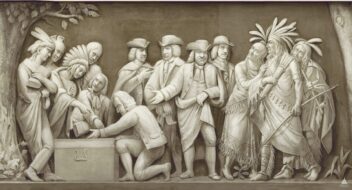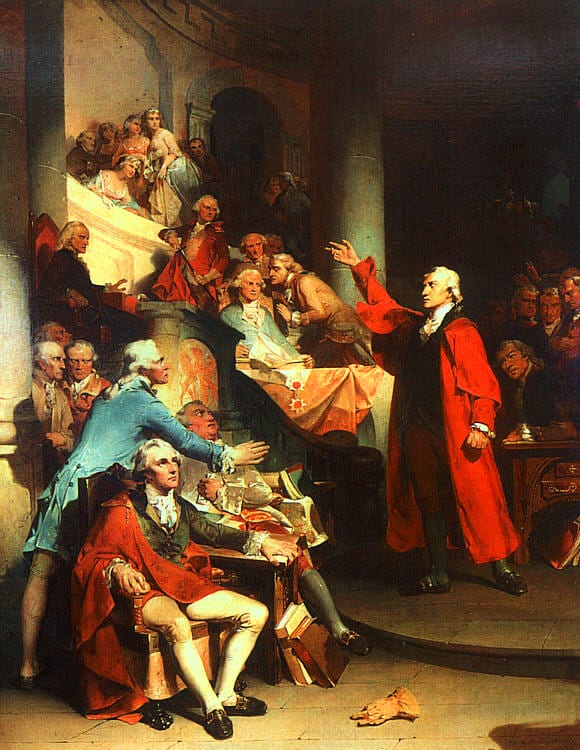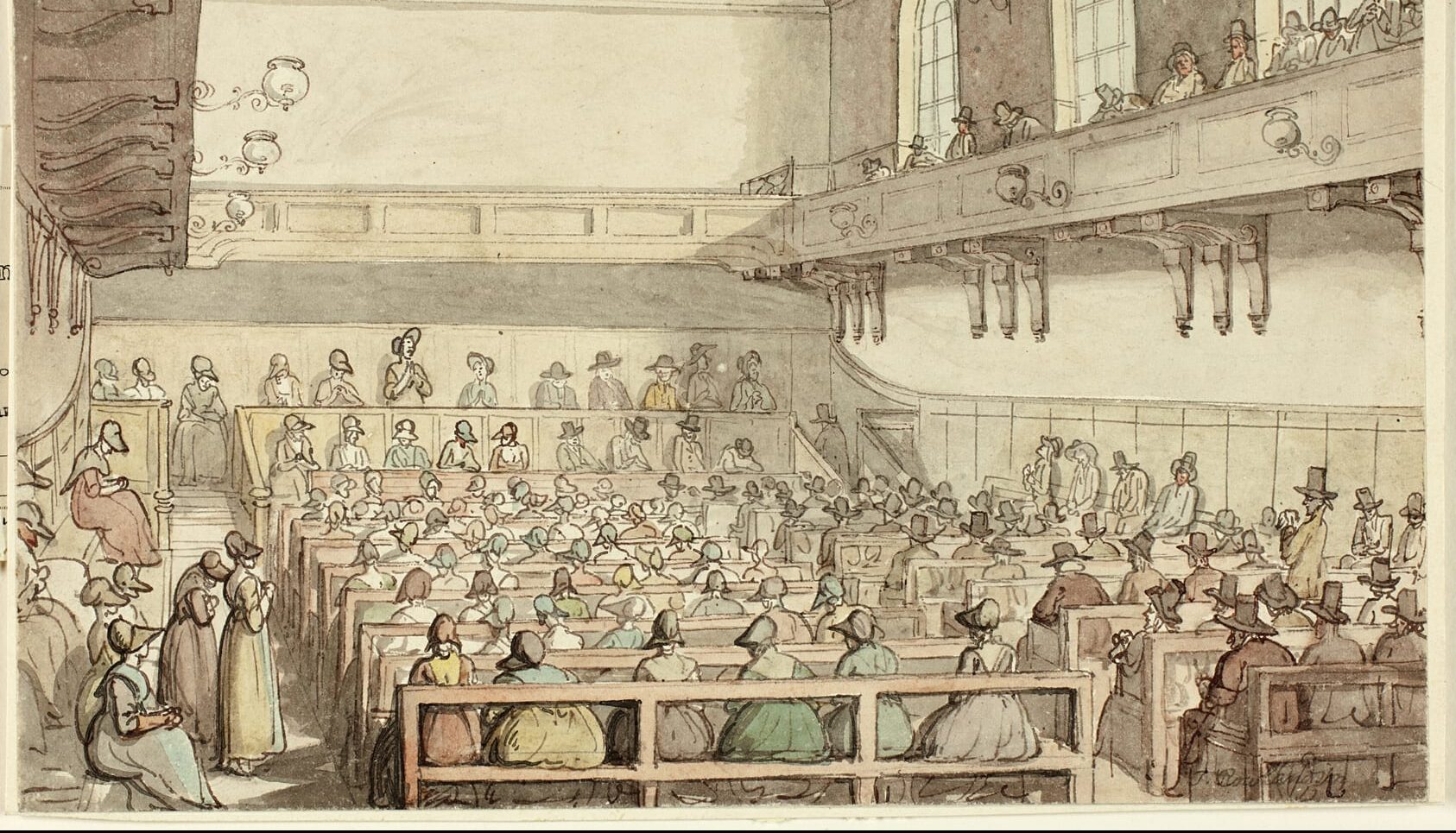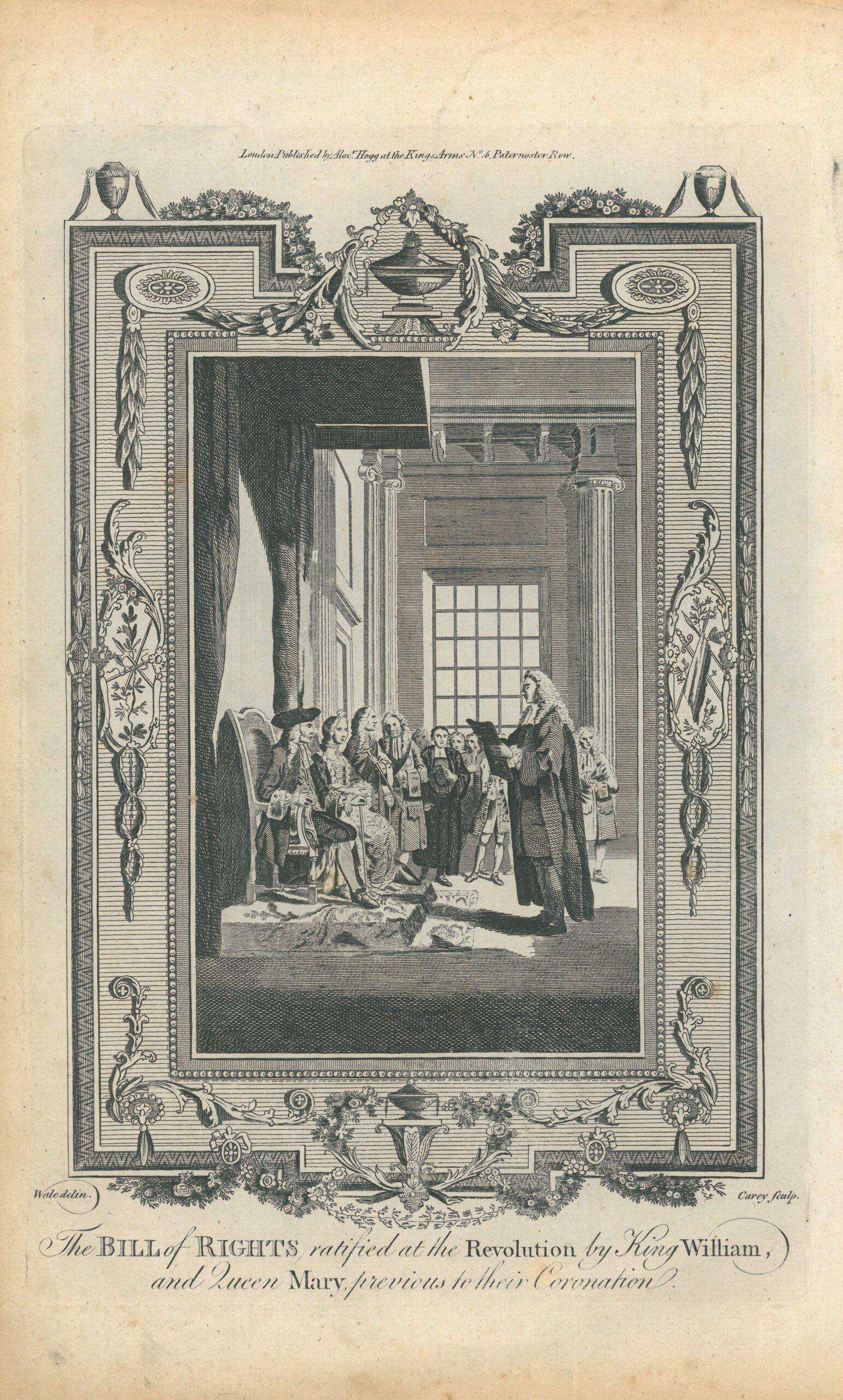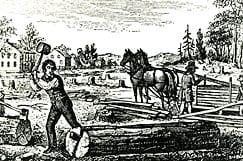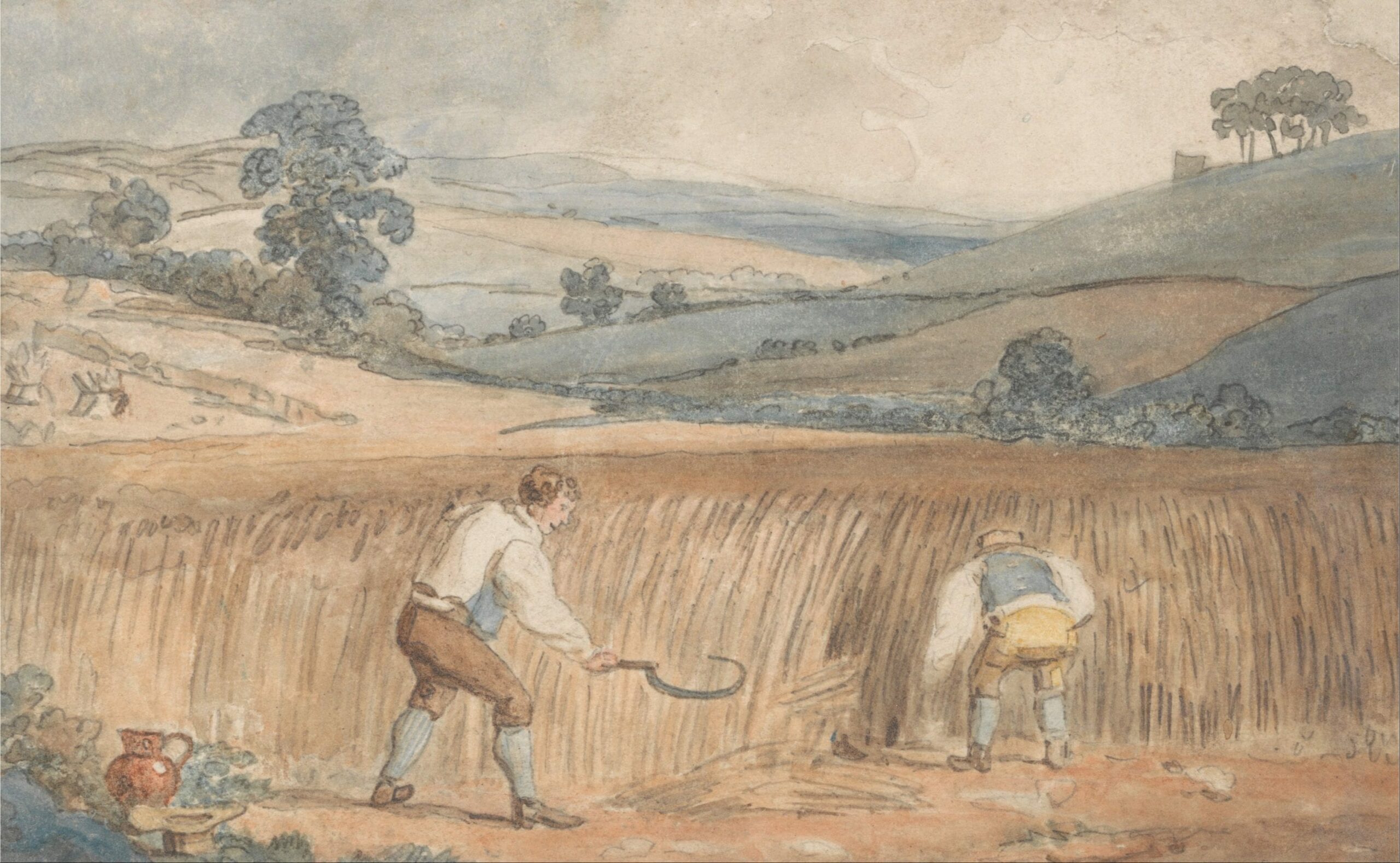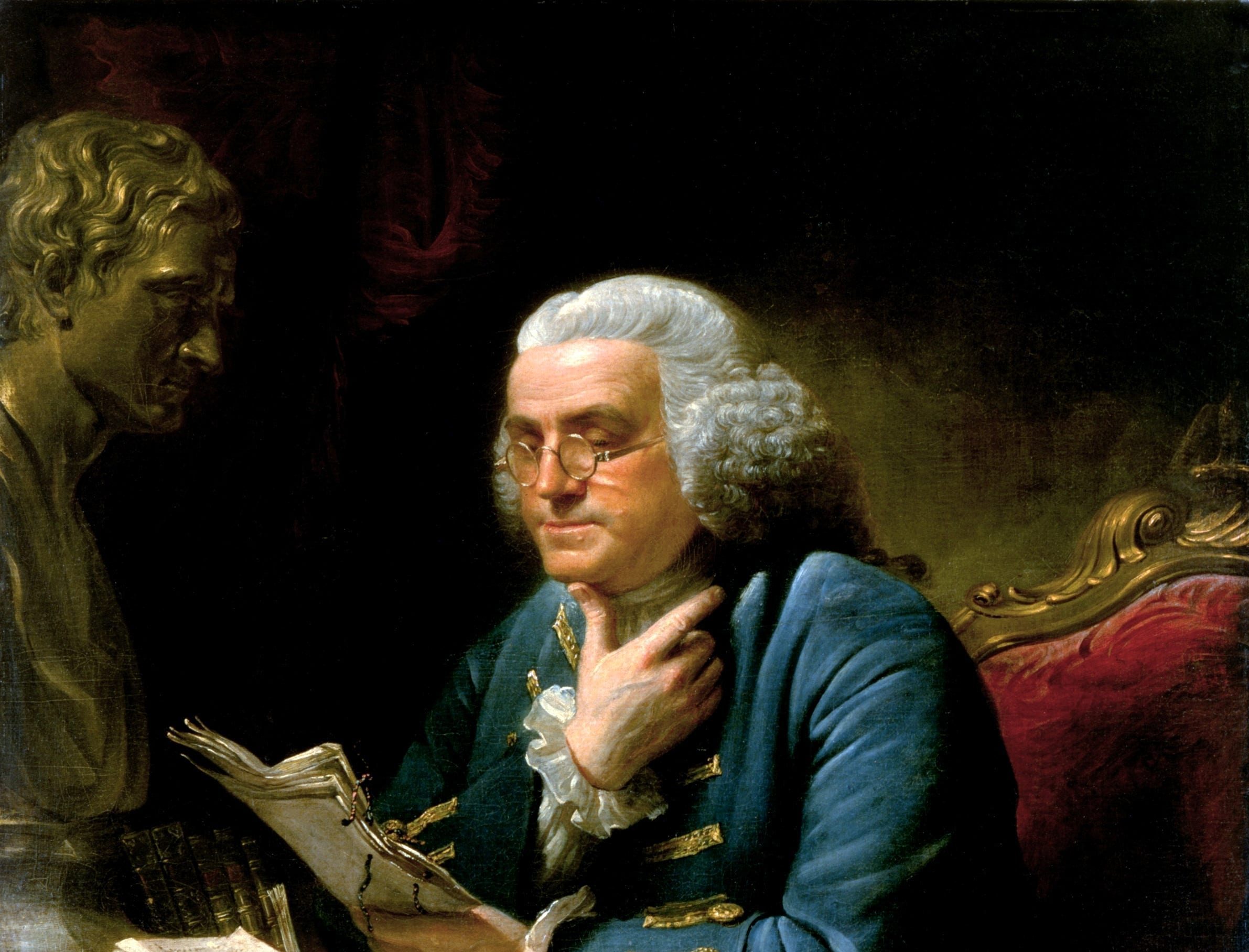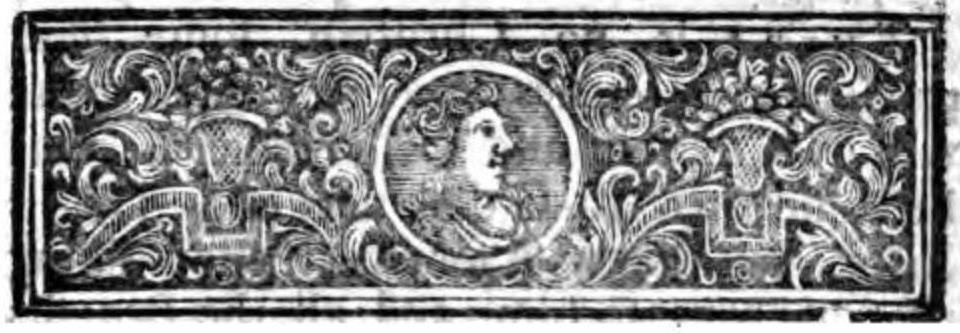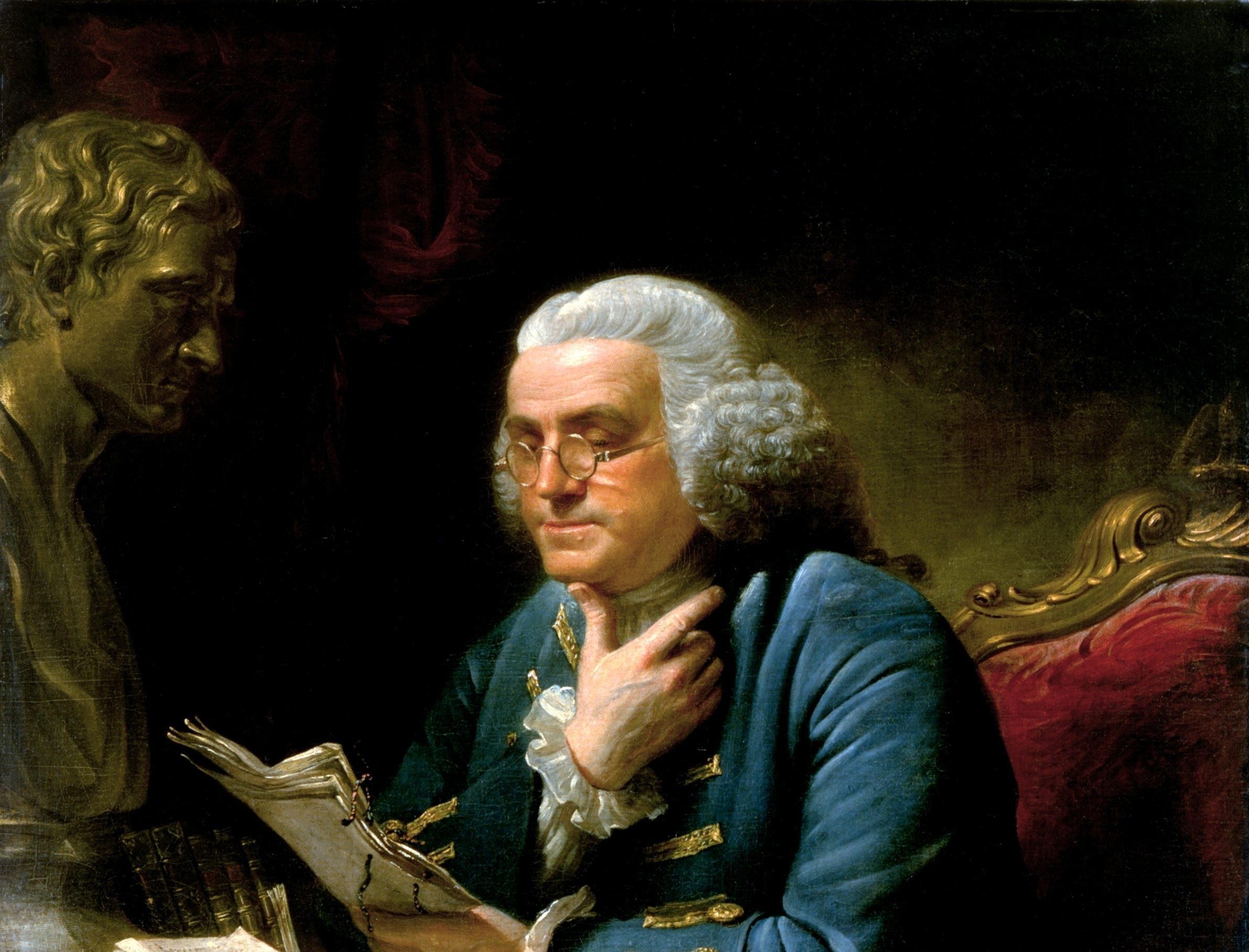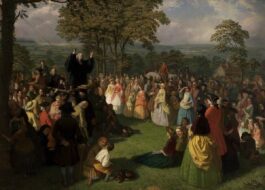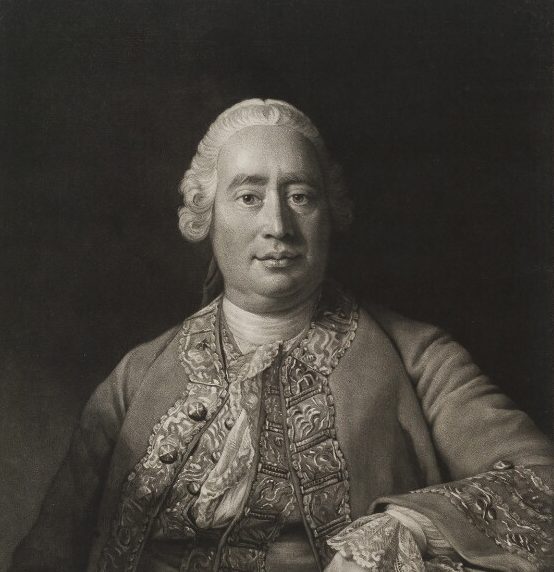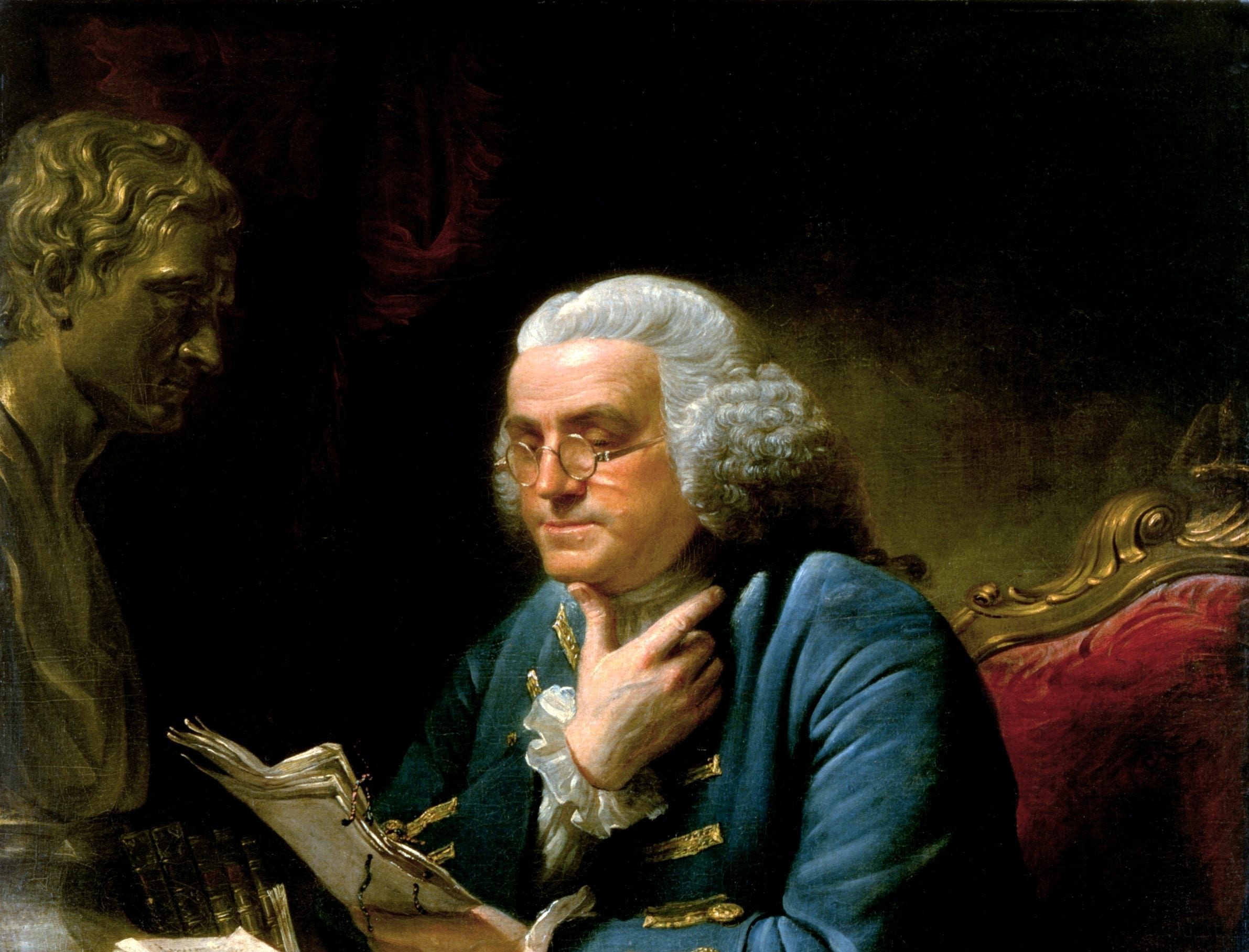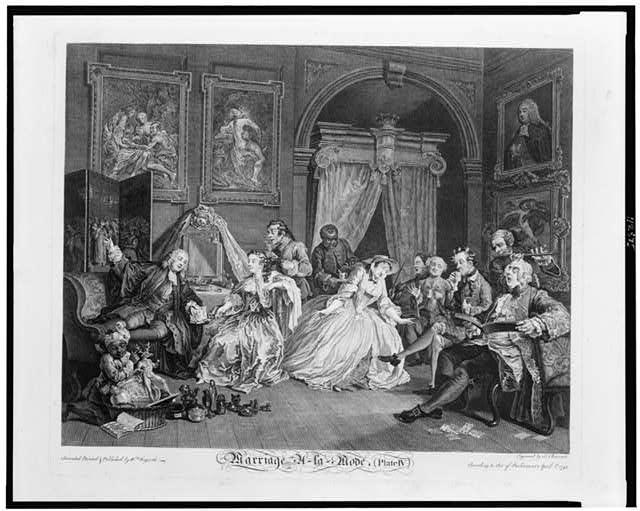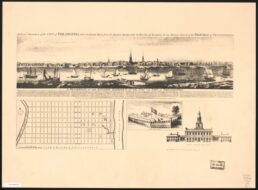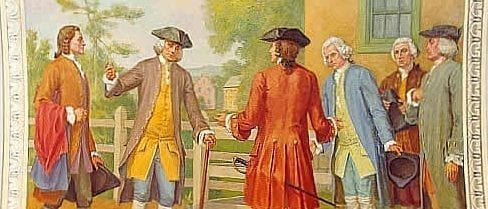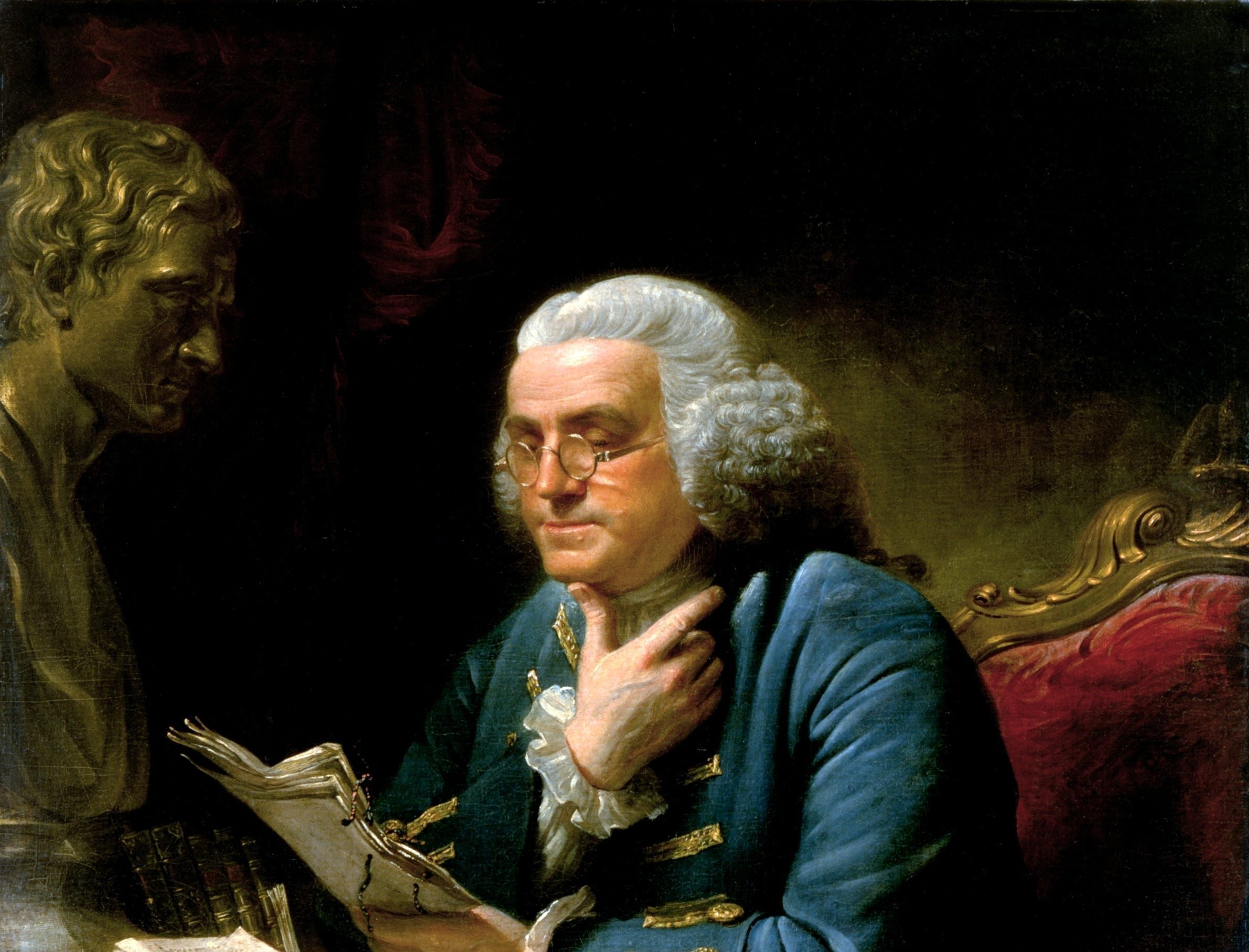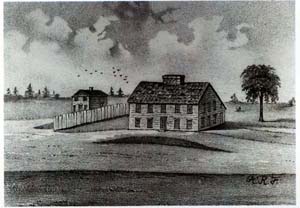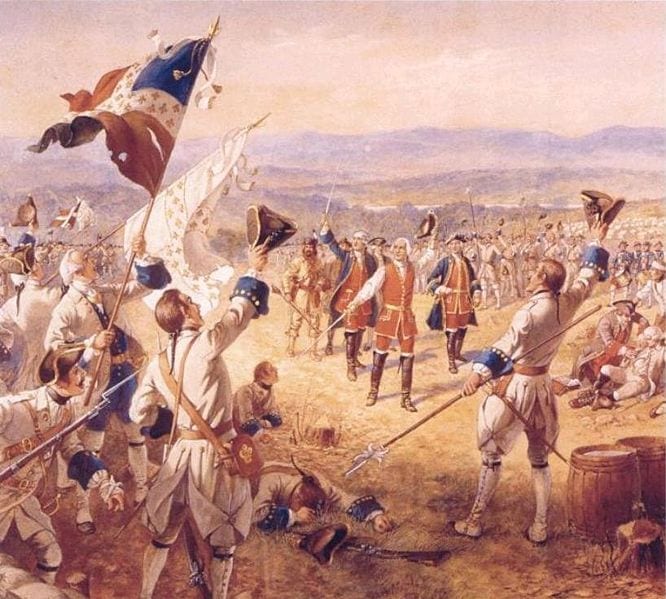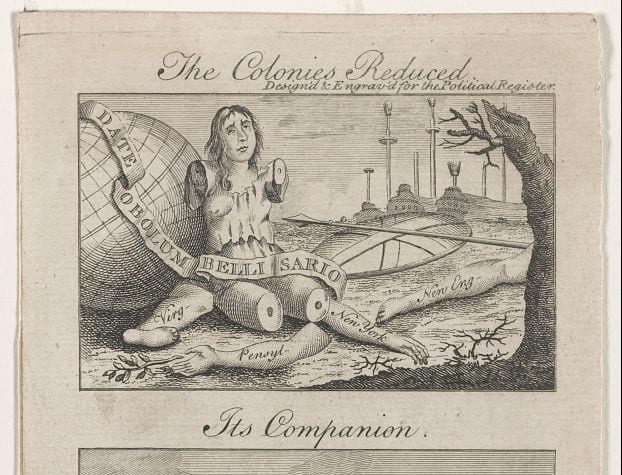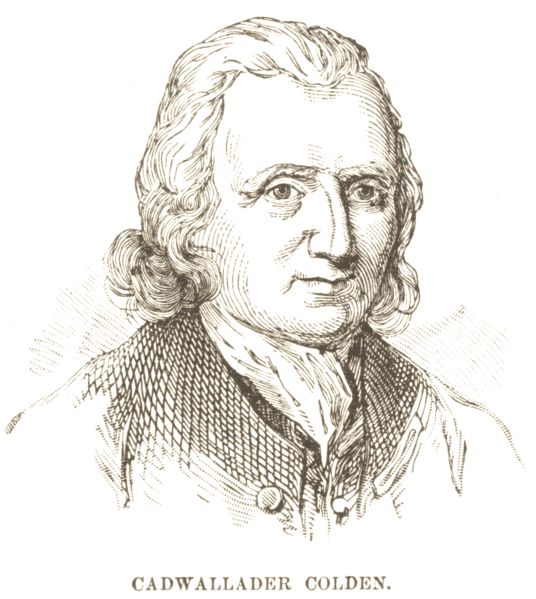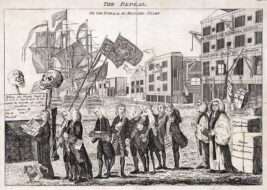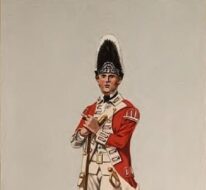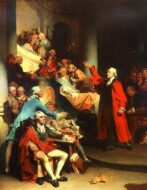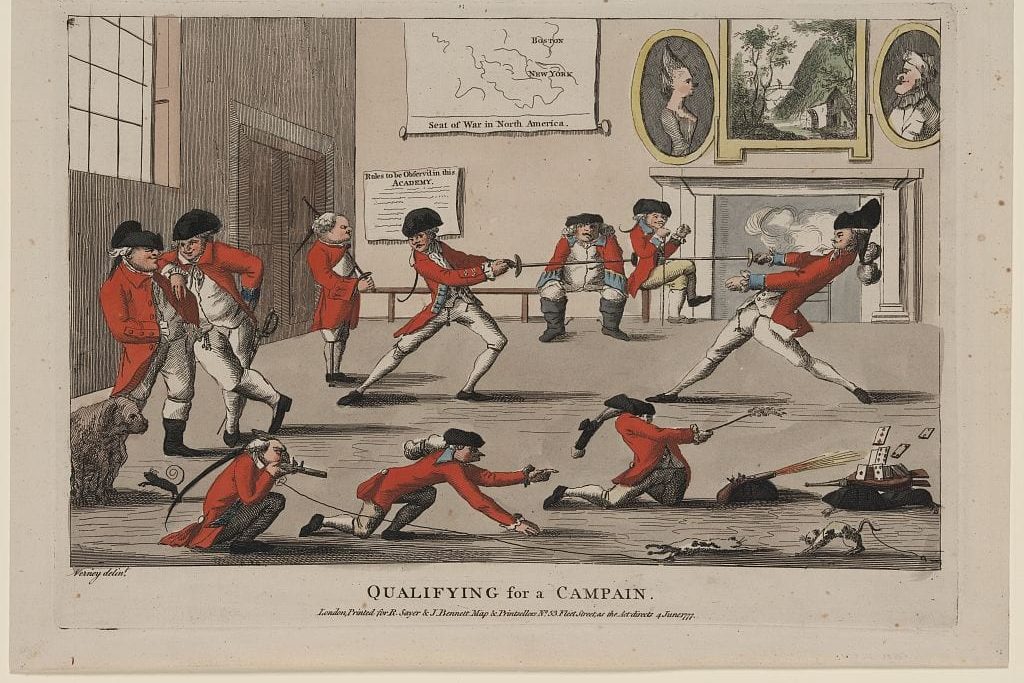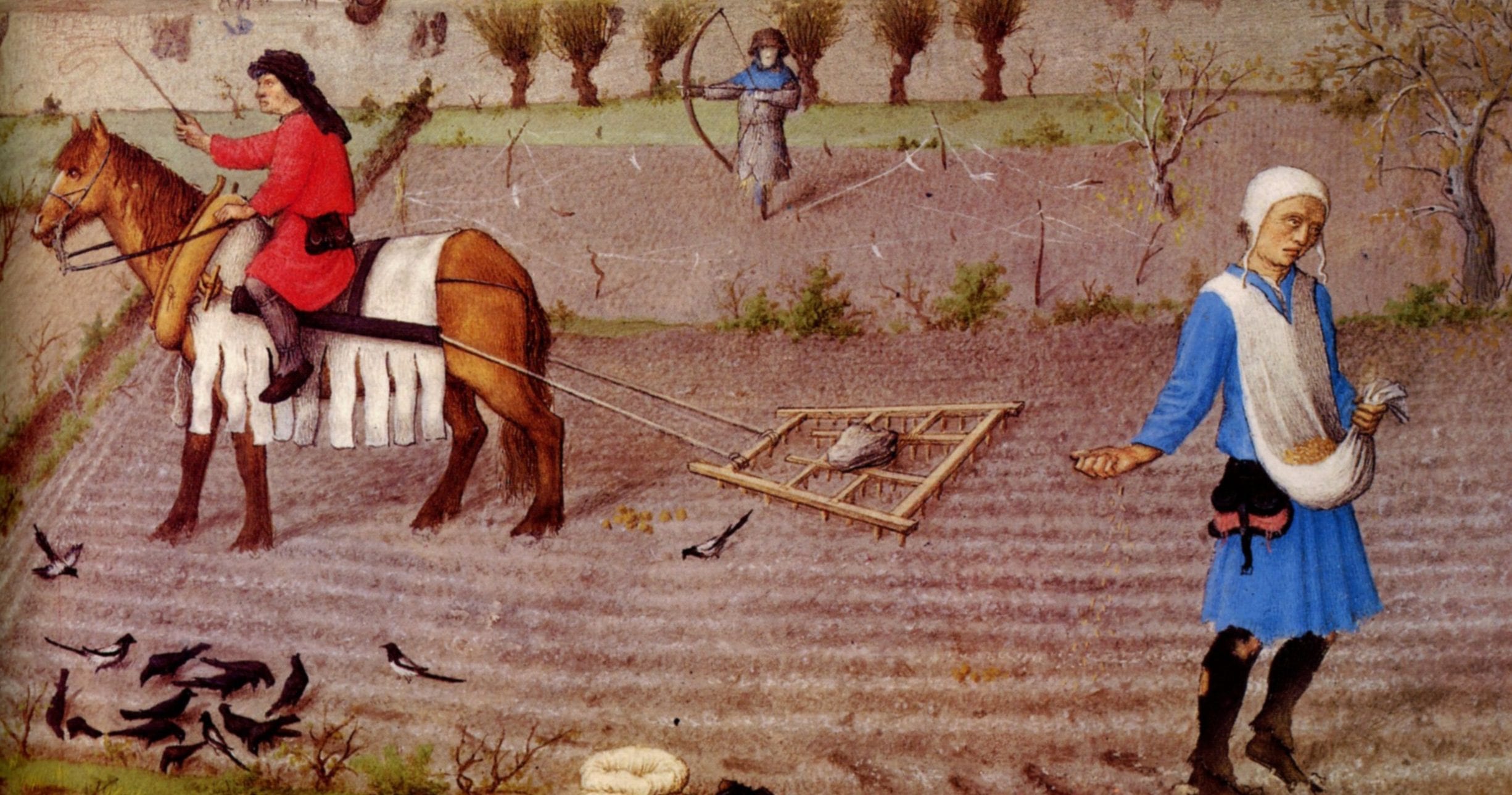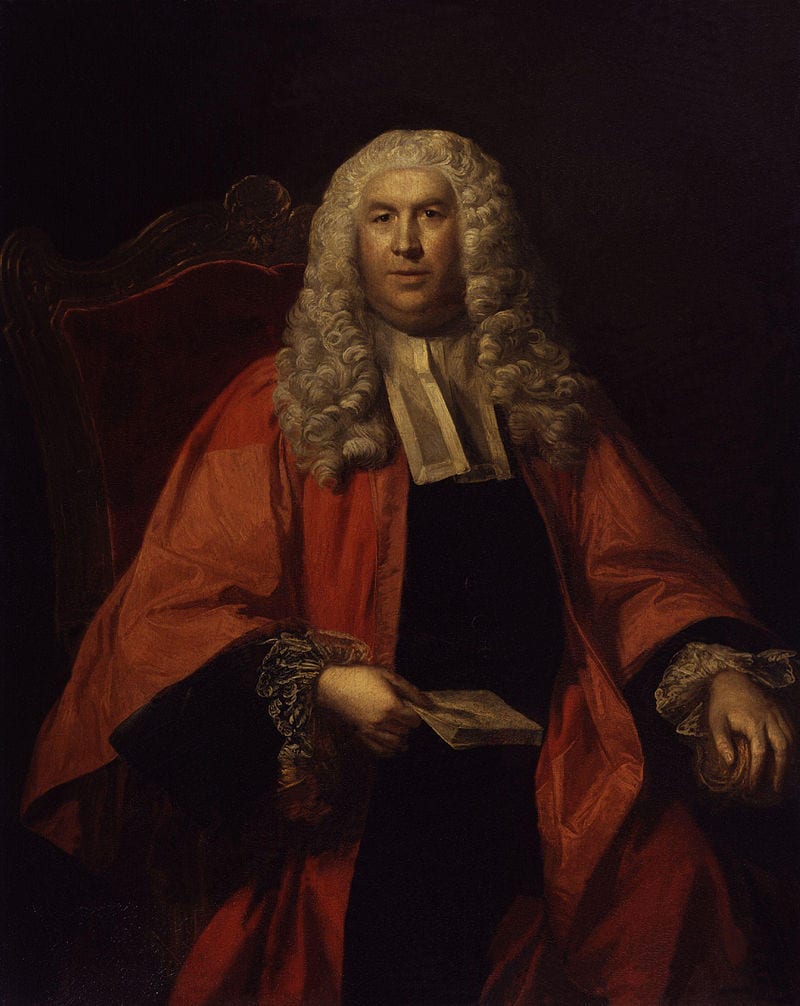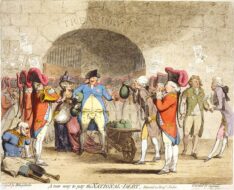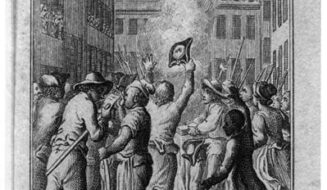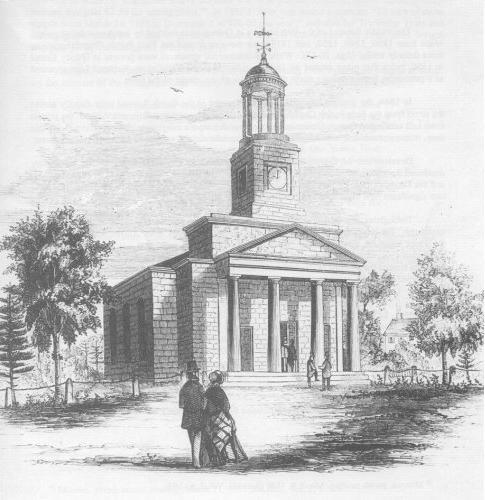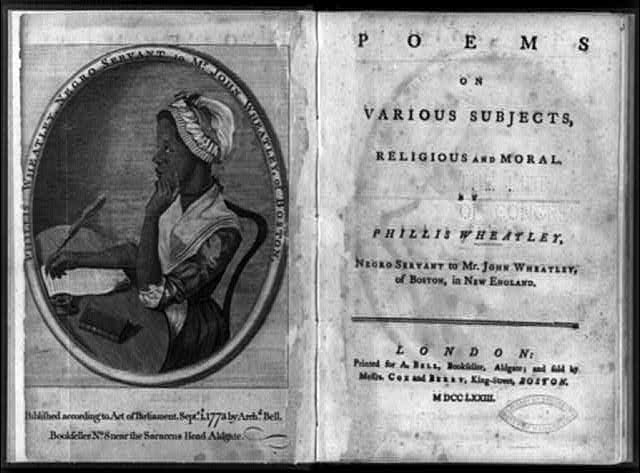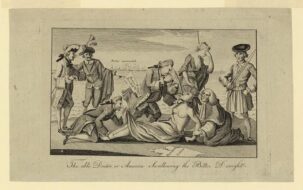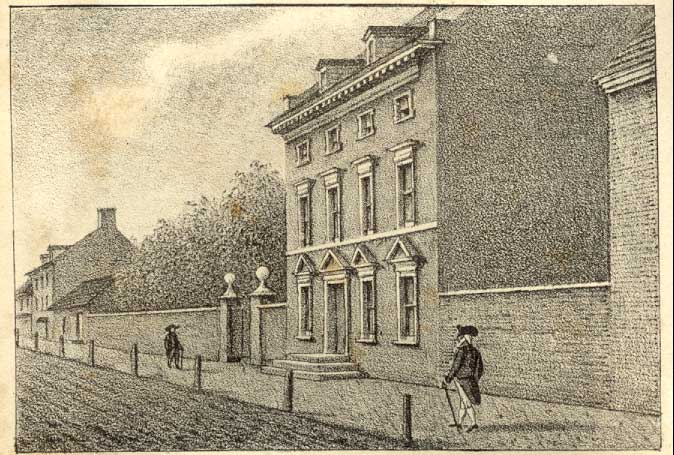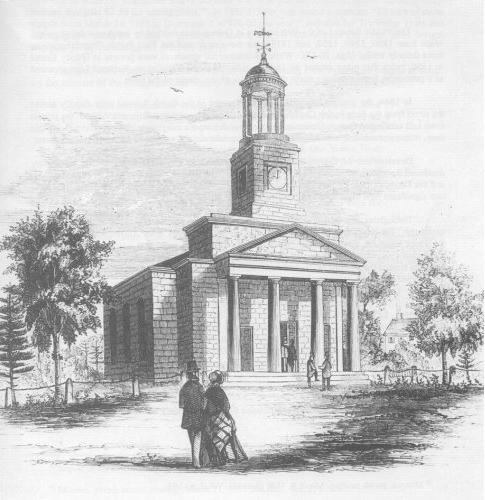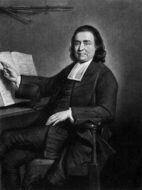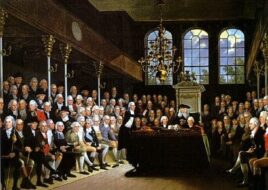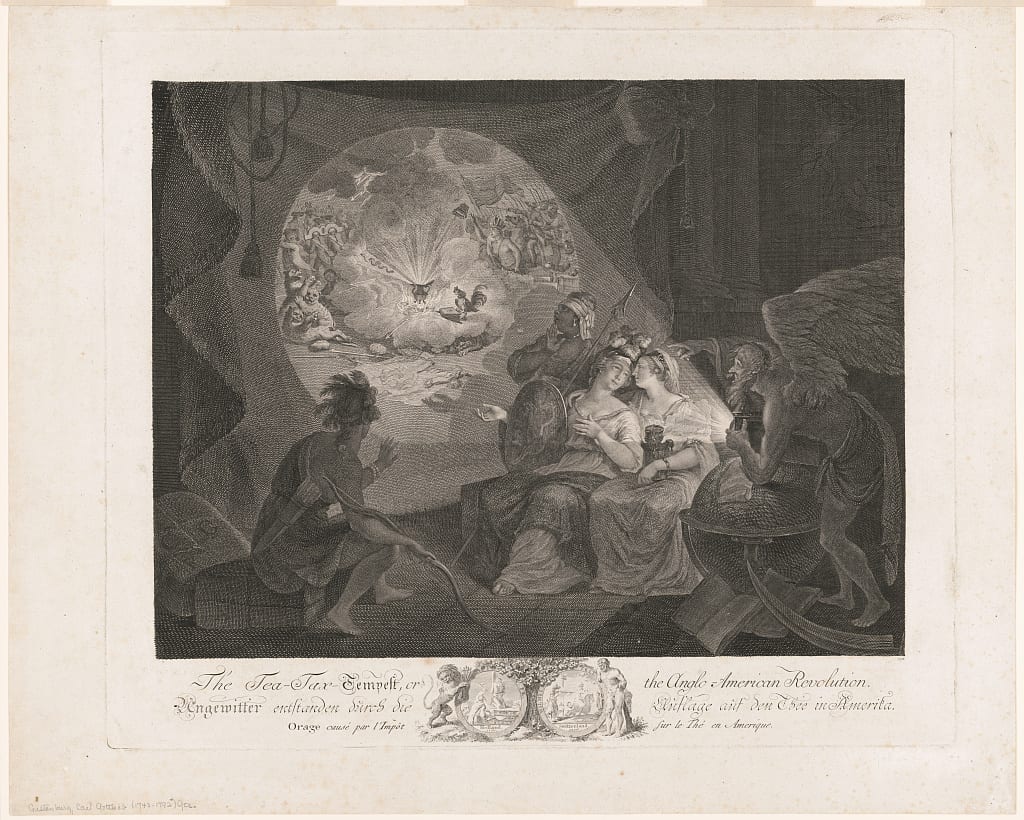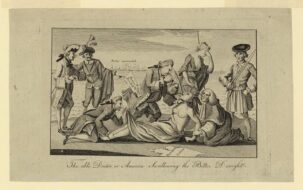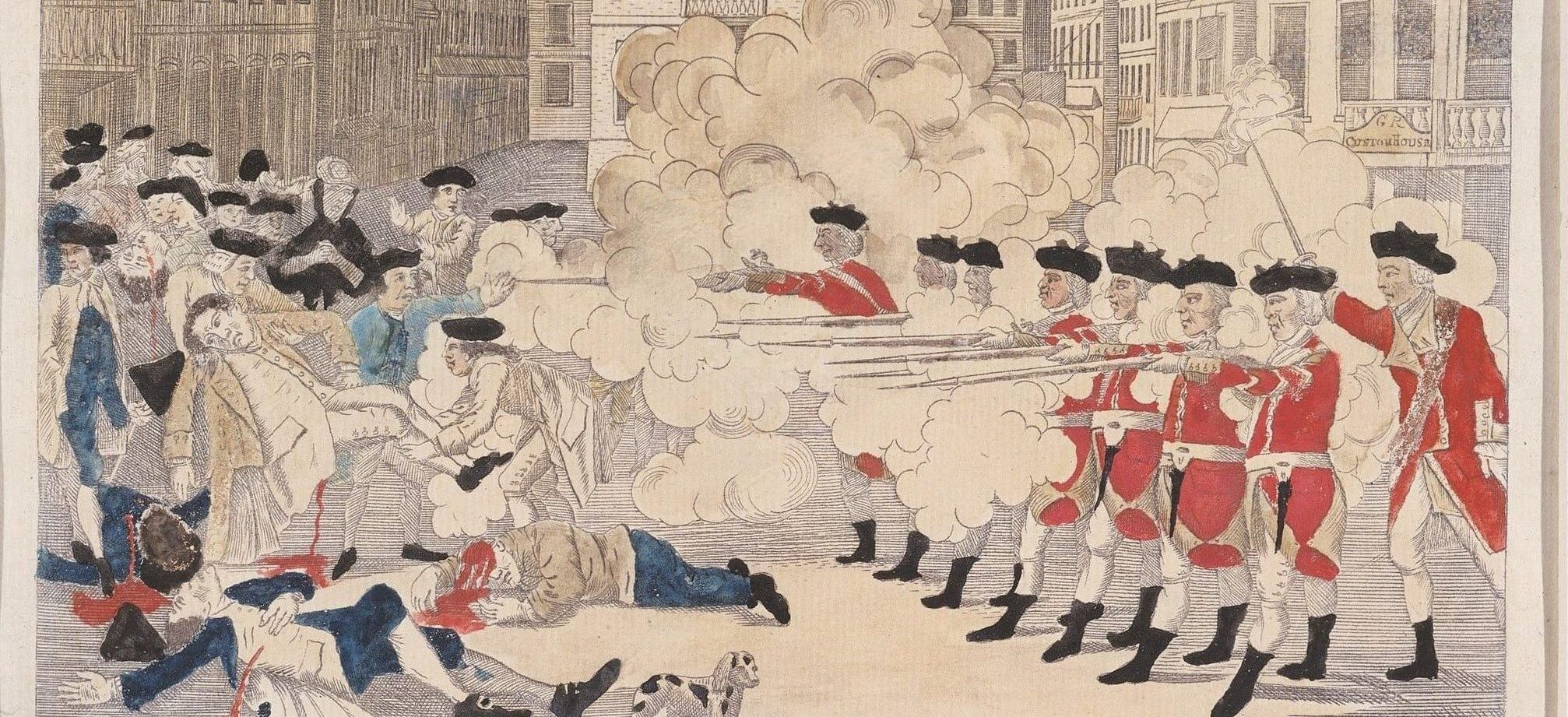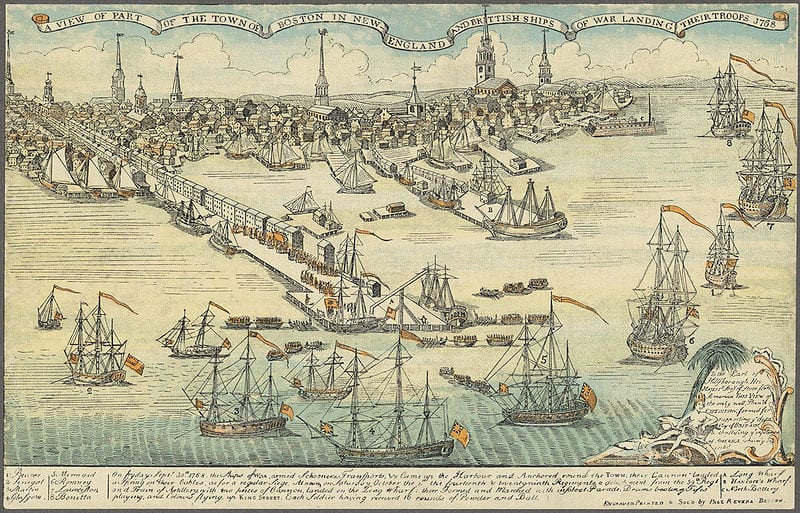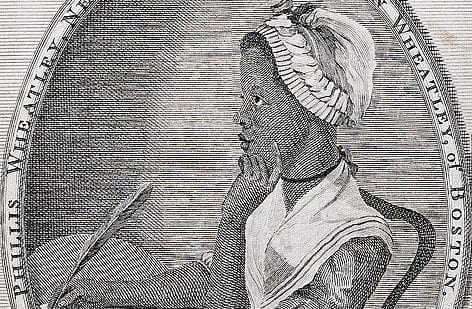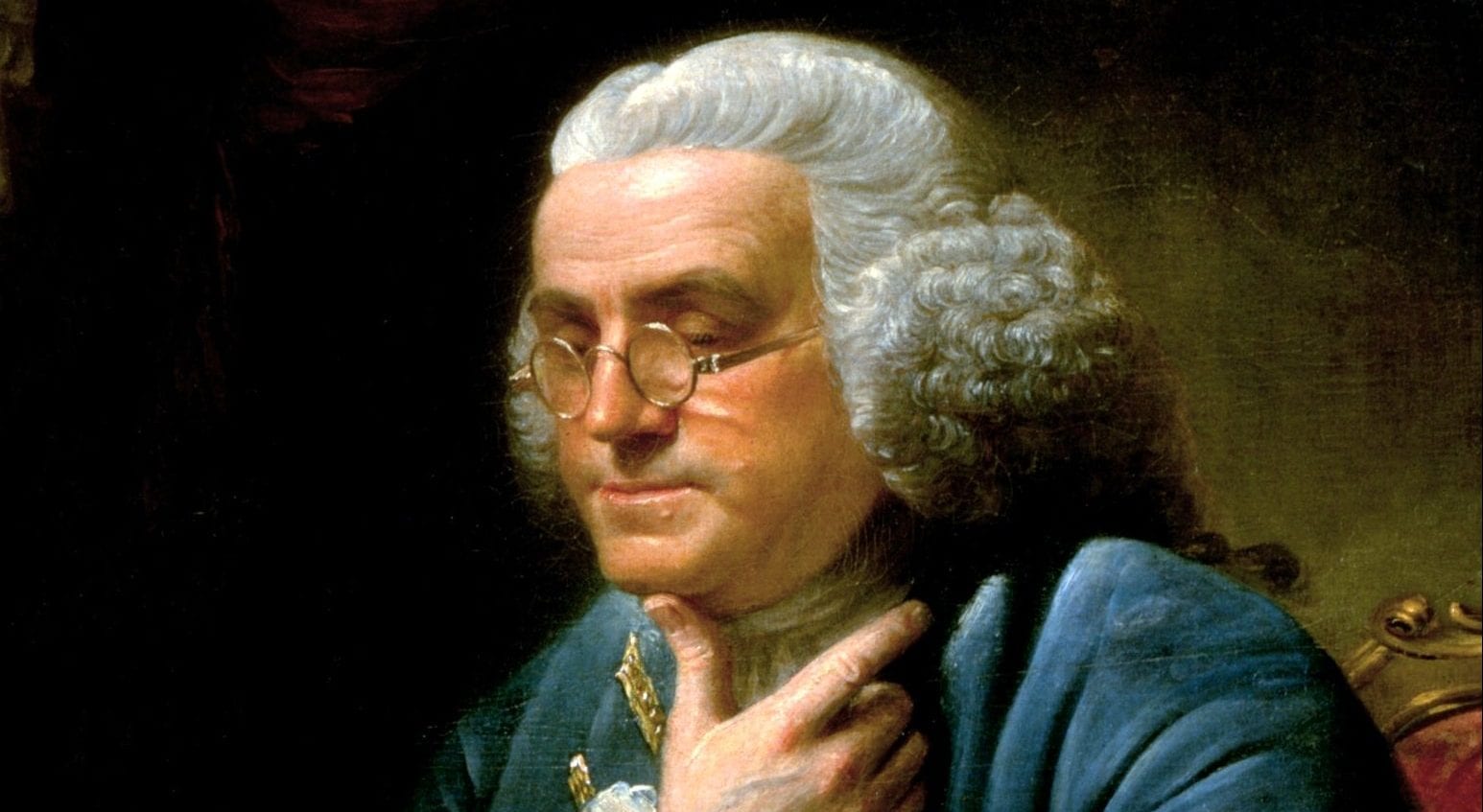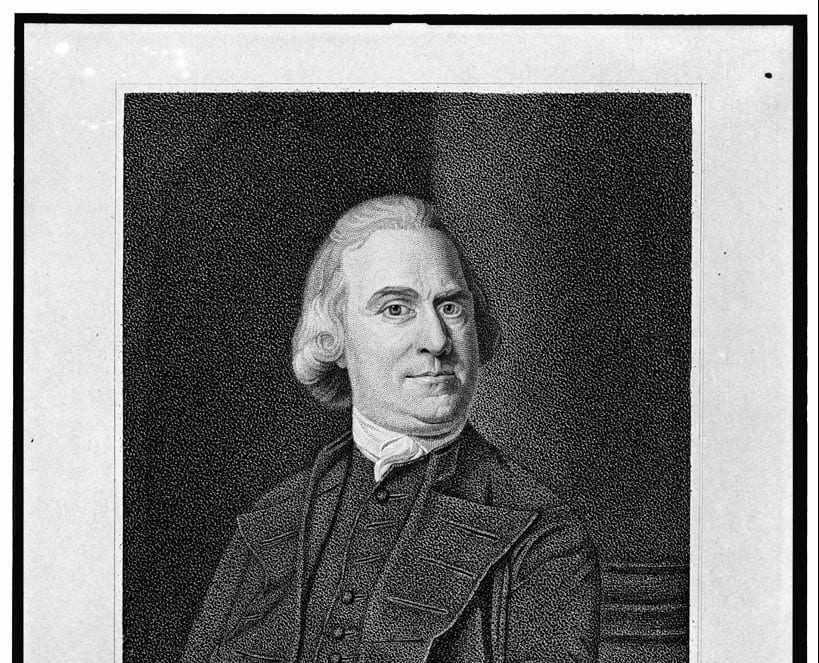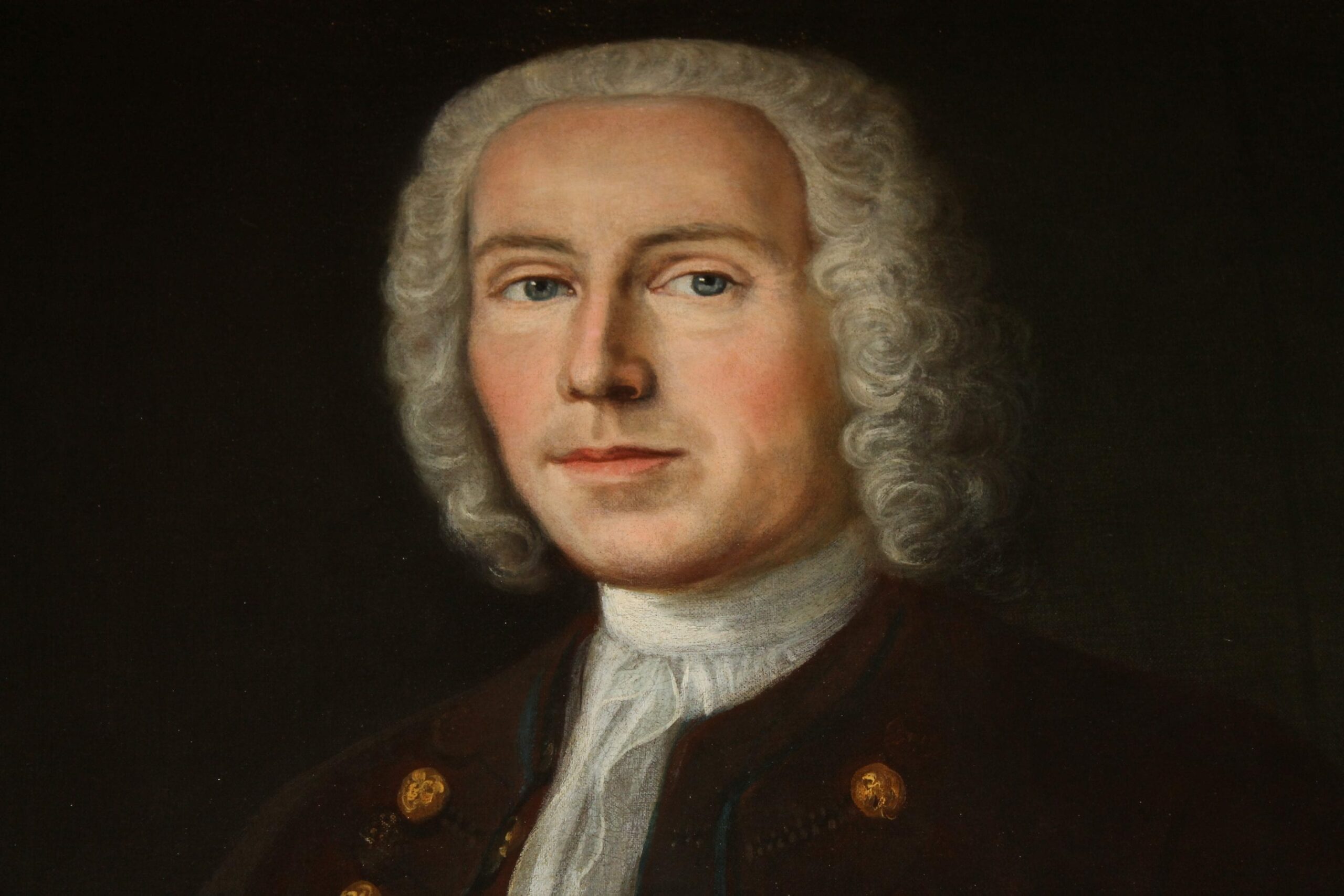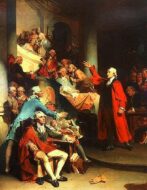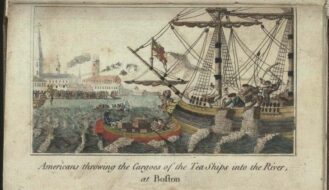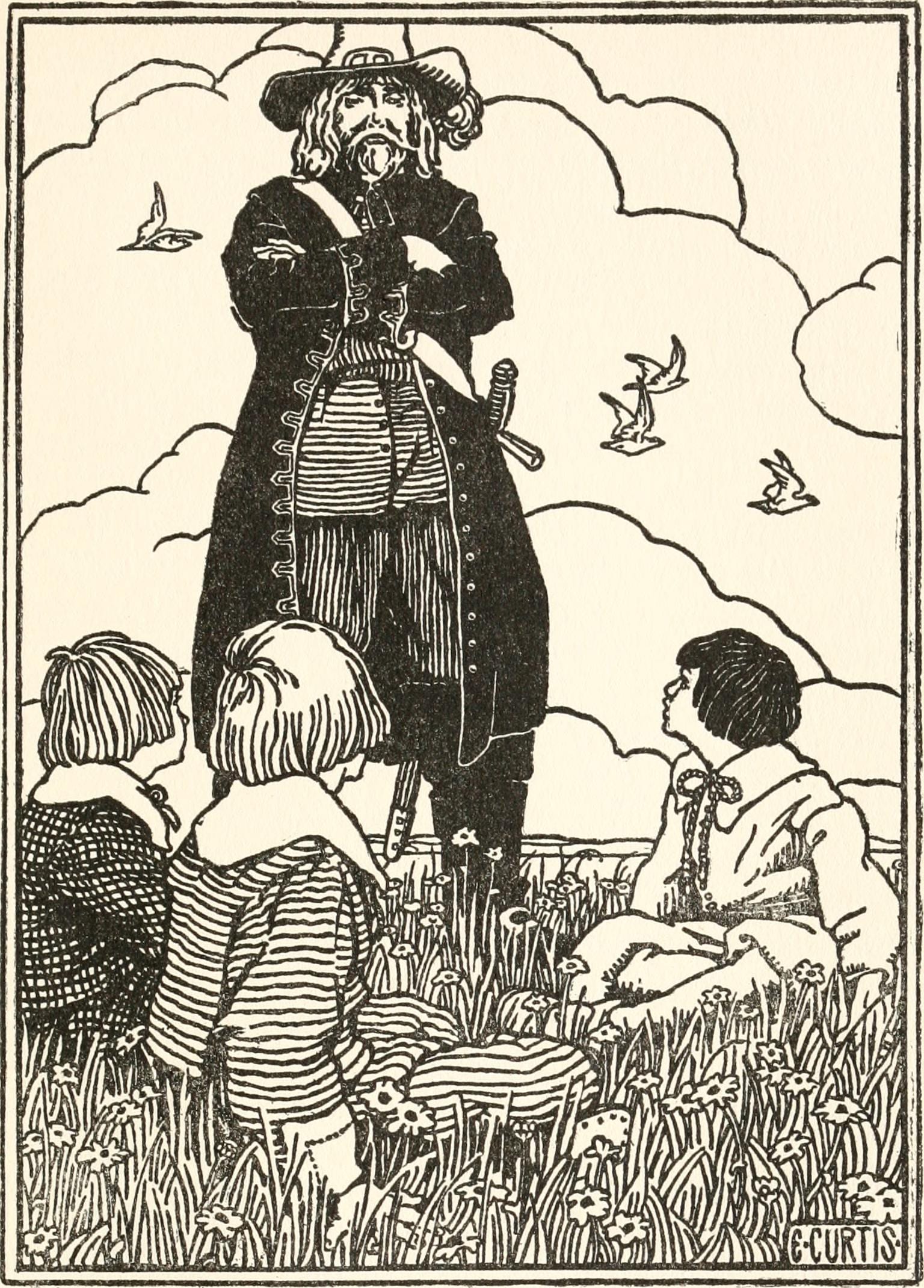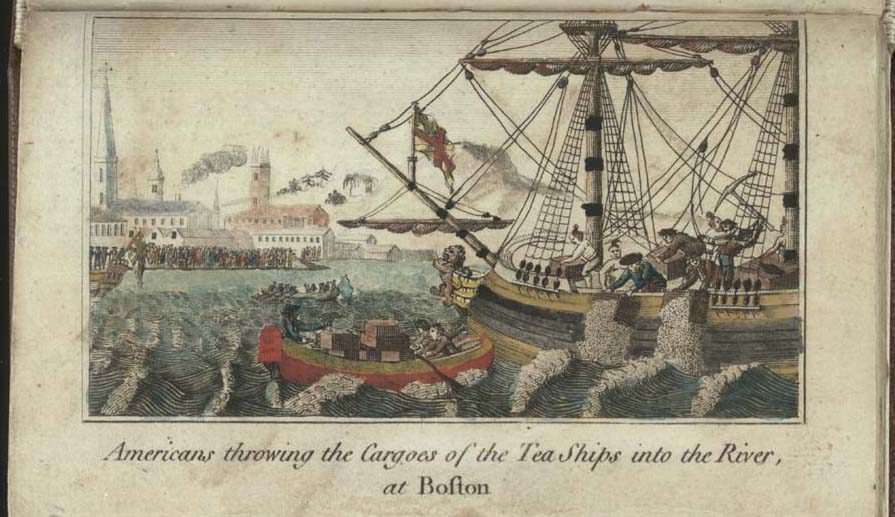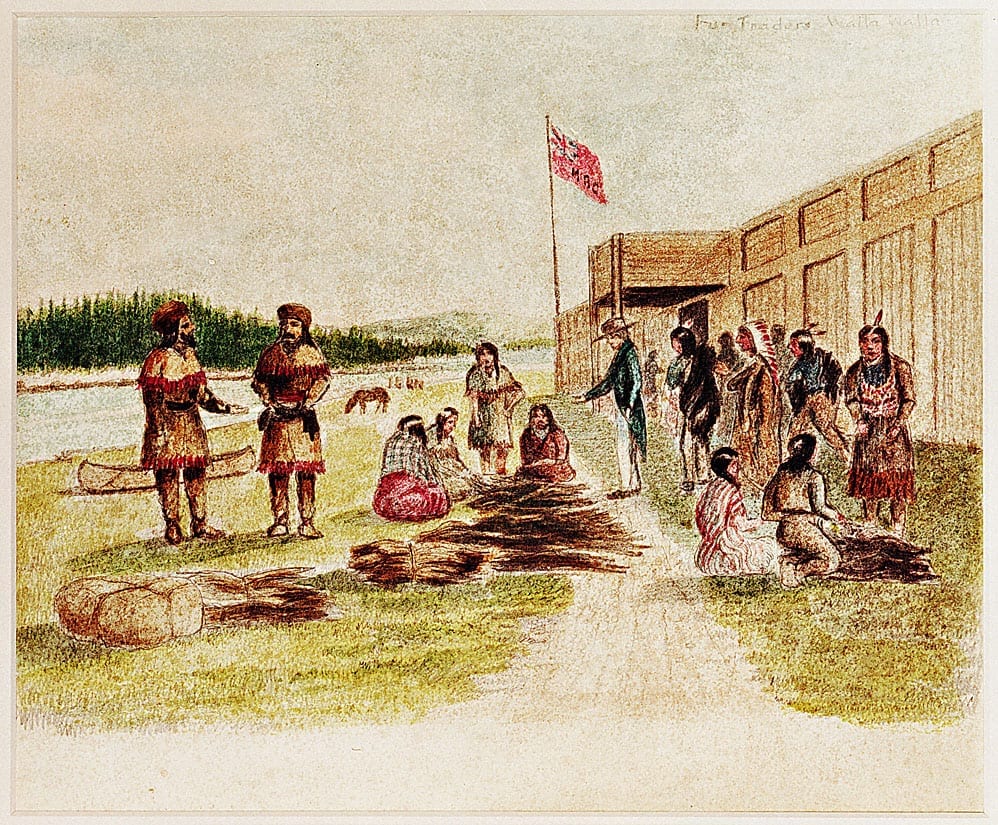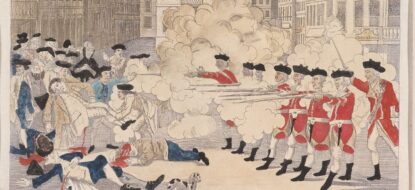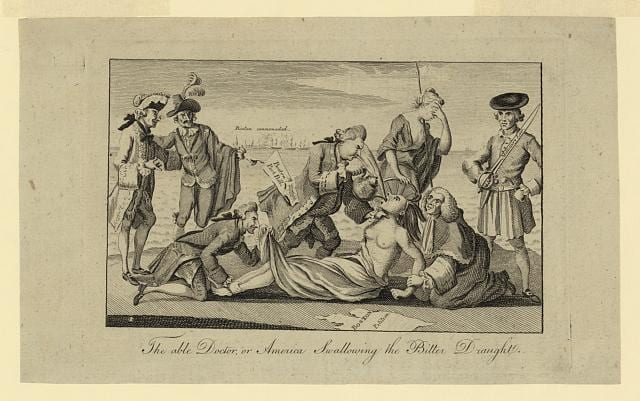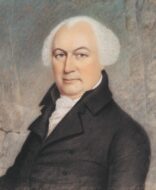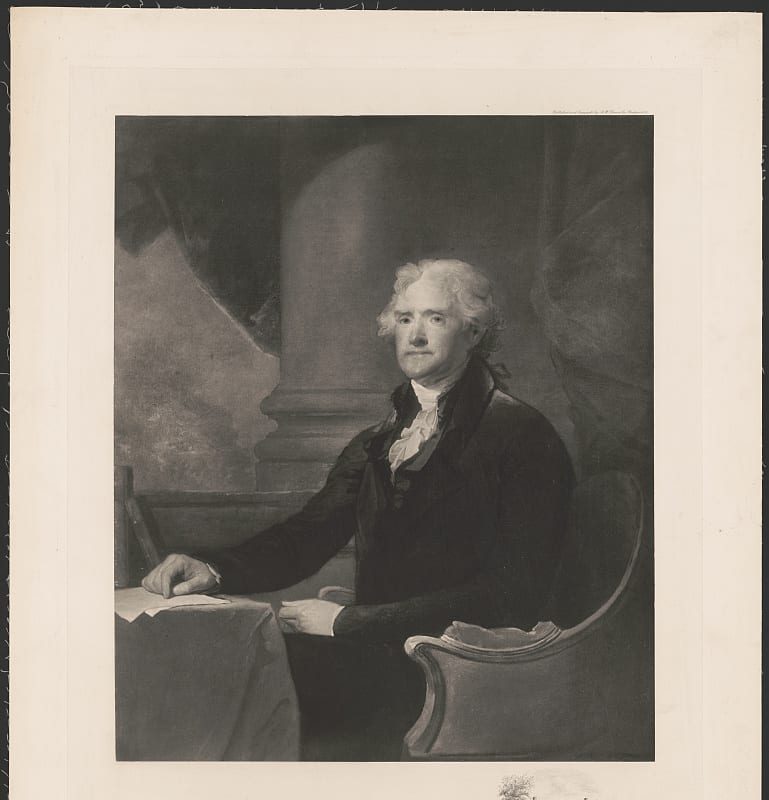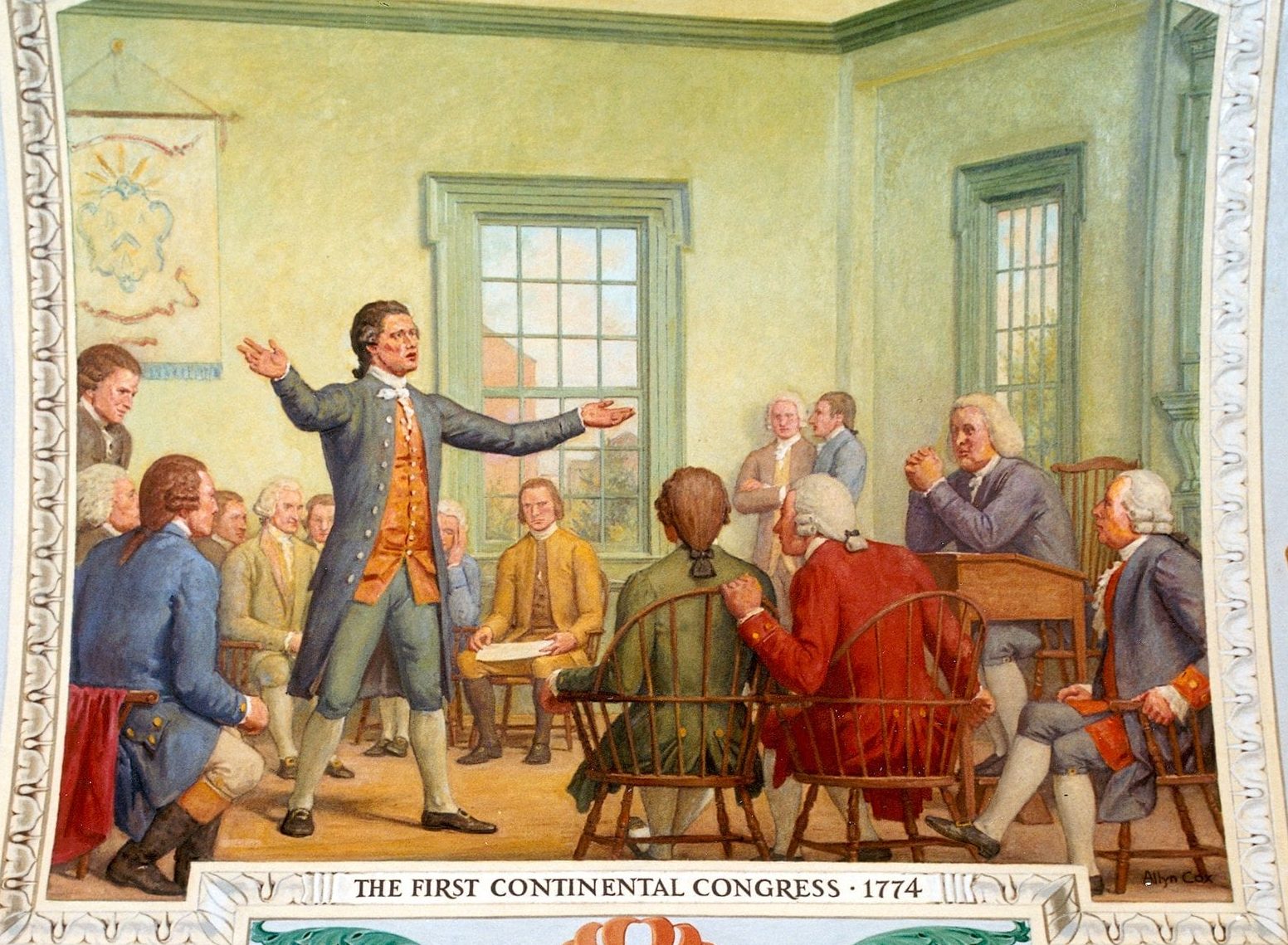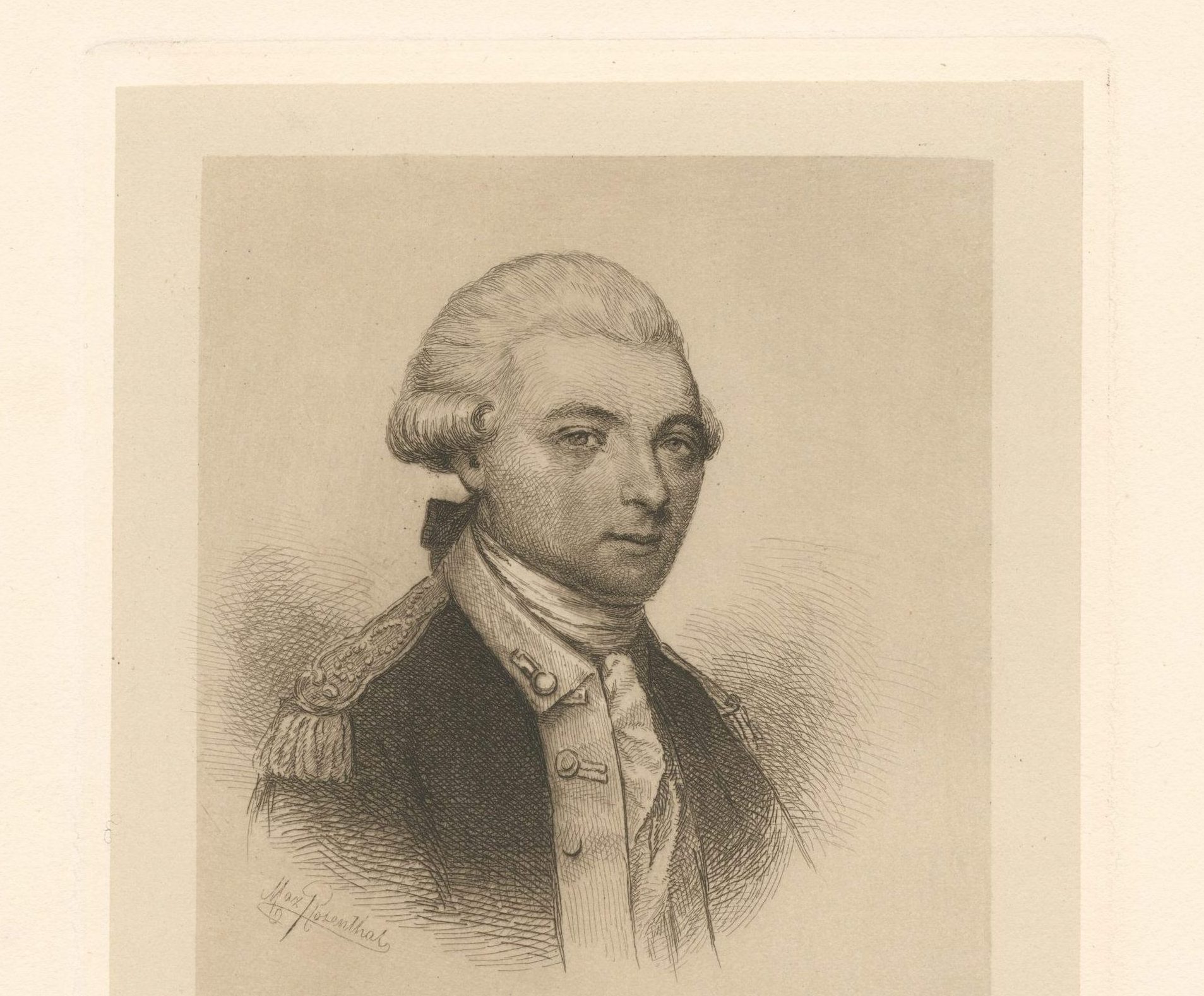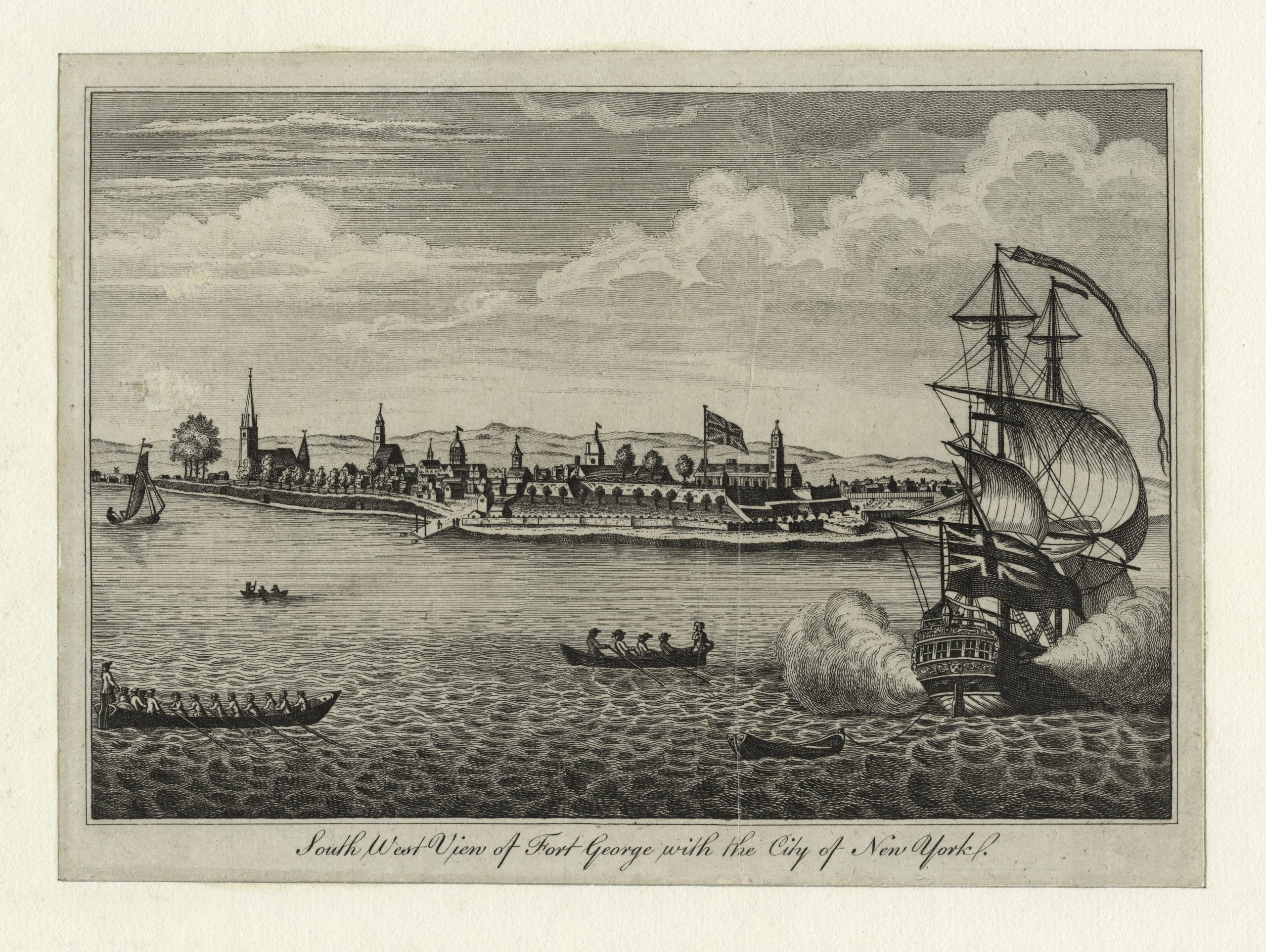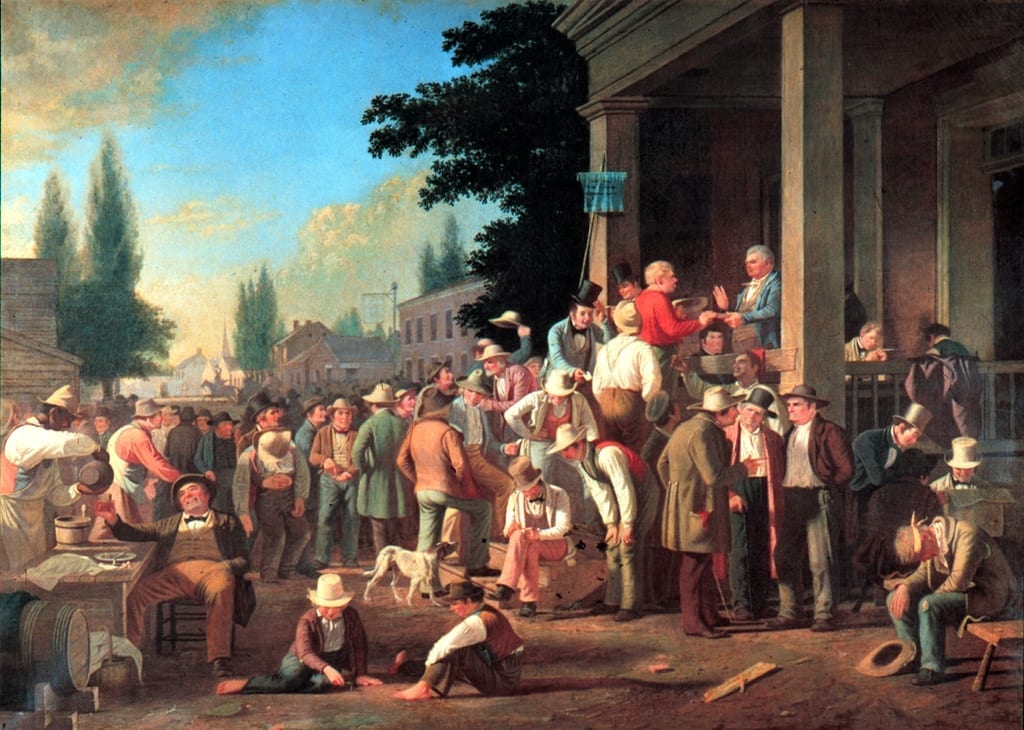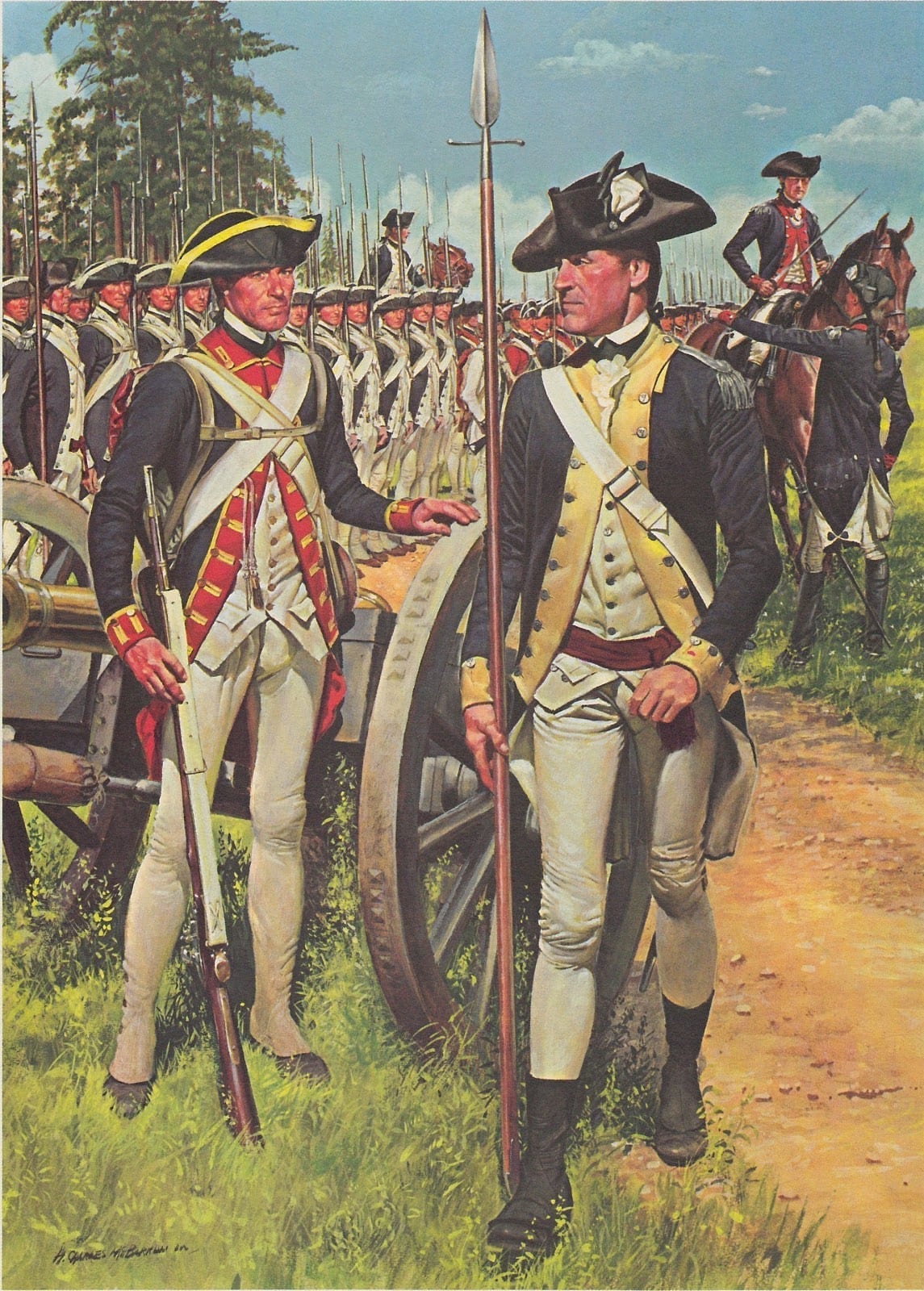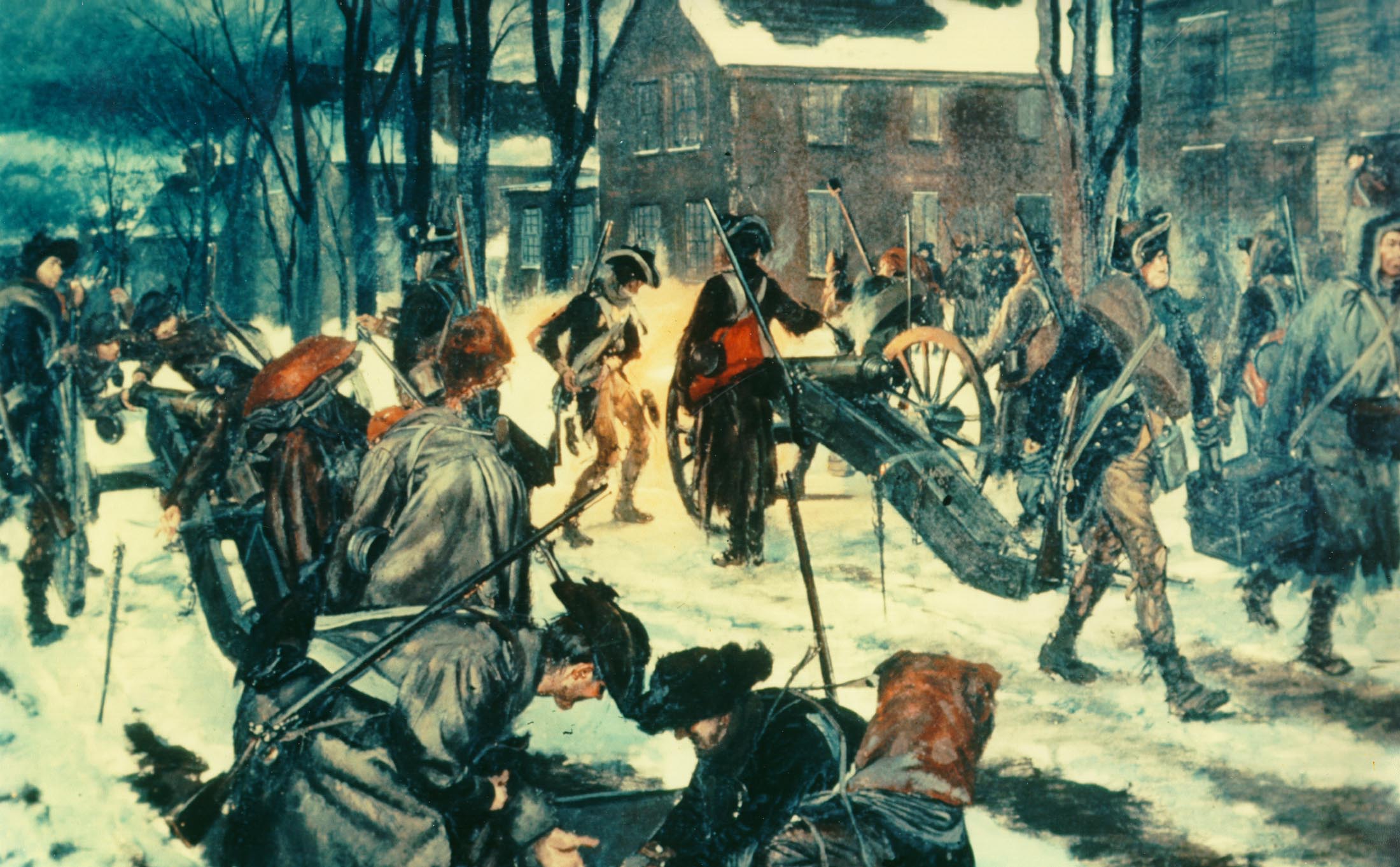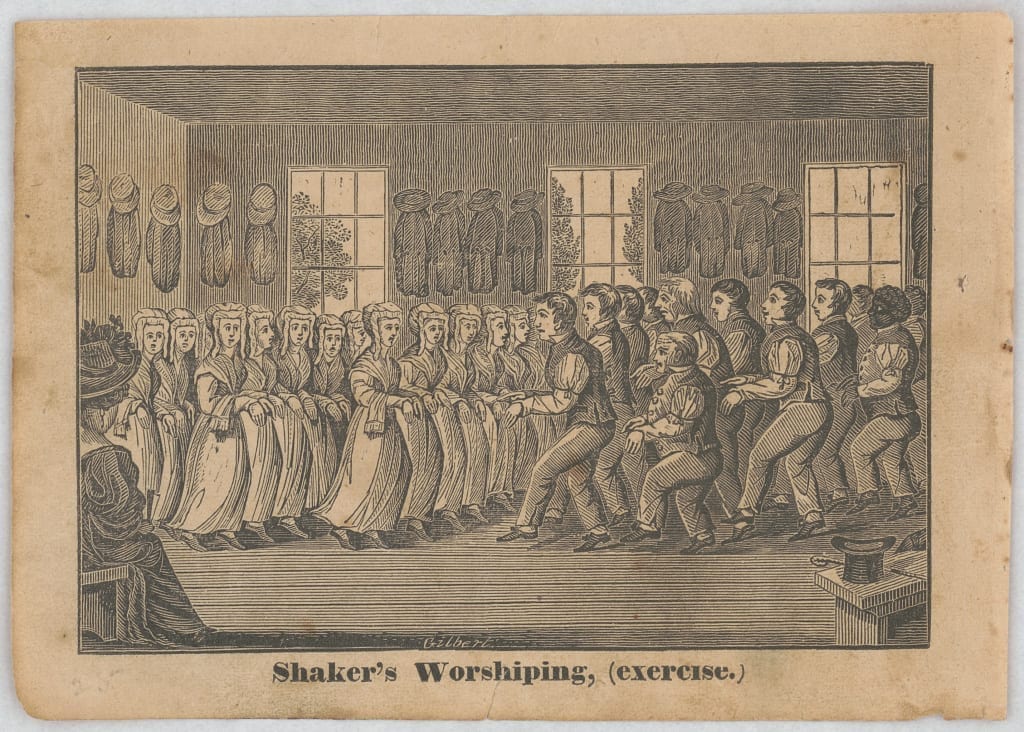
No study questions
No related resources
GALATIONS V. I.
Stand fast therefore in the liberty wherewith Christ hath made us free.
Mankind are generally averse to innovations both in religion and government. Laws and constitutions to which they have been long used, they are fond of retaining, even though better are offered in their stead. This appeared in the Jews. Their law required a burdensome and expensive service: Christianity set them free from this law. Nevertheless, many of them were desirous of continuing the observation of it, after they became Christians; and of having the gentile converts also submit to it. Accordingly there were some Judaifing teachers who endeavoured to persuade to persuade the Galatians to this submission. The apostle, therefore, in this epistle, particularly in the immediately foregoing chapter, asserts and proves, that Christians have nothing to do with the ceremonial law of the Jews, they being freed by Christ, from this burden. And then as an inference from what he had said, and by way of admonition to the Galatians, he subjoins the exhortation in the text; stand fast therefore in the liberty wherewith Christ hath made us free.
But though the words originally refer to that freedom from the Jewish law which the gospel confers on the church of God, yet the reason of the inference holds good in the case of any other real and valuable liberty which men have a right to: So that this observation is plainly deducible from the text; vis. that it is the duty of all men to stand fast in such valuable liberty, as providence has confered upon them.
This observation I shall endeavor, by the help of God, to illustrate and improve: In order to which, I shall shew;
I. What I intend by that liberty in which men ought to stand fast.
II. In what way they ought to stand fast in this liberty, or what they may and ought to do in defence of it.
III. The obligations they are under to this duty.
After which, I shall subjoin some reflections, and apply the subject to the present occasion.
I. I am to shew what is intended in this discourse by the liberty in which men ought to stand fast.
Though this word is used in various senses, I mean by it here, only that liberty which is opposed to external force and constraint, and to such force and constraint only, as we may suffer from men. Under the term liberty, taken in this sense, may naturally be comprehended all those advantages which are liable to be destroyed by the art or power of men; every thing that is opposed to temporal slavery.
This liberty has always been accounted one of the greatest natural blessings which mankind can enjoy. Accordingly, the benevolent and impartial Father of the human race, has given to all men a right, and to all naturally an equal right to this blessing.
In a state of nature, or where men are under no civil government, God has given to every one liberty to pursue his own happiness in whatever way, and by whatever means he pleases, without asking the consent or consulting the inclination of any other man, provided he keeps within the bounds of the law of nature. Within these bounds, he may govern his actions, and dispose of his property and person, as he thinks proper. Nor has any man, or any number of men, a right to restrain him in the exercise of this liberty, or punish, or call him to account for using it. This however is not a state of licentiousness, for the law of nature which bounds this liberty, forbids all injustice and wickedness, allows no man to injure another in his person or property, or to destroy his own life.
But experience soon taught that, either thro’ ignorance of this law, or the influence of unruly passions, some were disposed to violate it, but encroaching upon the liberty of others; so that the weak were liable to be greatly injured by the superior power of bad men, without any means of security or redress. This gave birth to civil society, and induced a number of individuals to combine together for mutual defence and security; to give up a part of their natural liberty for the sake of enjoying the remainder in greater safety; to agree upon certain laws among themselves to regulate the social conduct of each individual, or to intrust to one or more of their number, in whose wisdom and goodness they could confide, a power of making such laws, and putting them in execution.
In this state, the liberty which men have is all that natural liberty which has been mentioned, excepting what they have expressly given up for the good of the whole society; a liberty of pursuing their own happiness governing their actions, and disposing of their property and persons as they think fit, provided they transgress no law of nature, and keep within those restrictions which they have consented to come under.
This liberty will be different in different communities. In every state, the members will, probably, give up so much of their natural liberty, as they think will be most for the good of the whole. But different states will judge differently upon this point, some will give up more, some less, though still with the same view, the publick good. And every society have doubtless a right to act according to their own judgment and discretion in this matter, this being only an exercise of that natural liberty in which all are bound.
When a society commits to one or a few a power to govern them, the general practice is to limit this power by certain prescribed rules and restrictions. But sometimes this is omitted, and it does not appear from any act of the people, but that the power, with which they have intrusted their rulers, is unlimited. In this case common sense will tell us that the power granted to rulers is to be limited by the great end and design of society and government, and he must be destitute of common sense, who does not know that this is the general good, the happiness and safety of the whole society. So that though a people should, through inadvertency, neglect to prescribe any bounds to the power of their rulers, this power would nevertheless be limited, and they would be at liberty to refuse submission to such restraints or laws, as they were plainly inconsistent with the publick good.
There are some natural liberties or rights which no person can divest himself of, without transgressing the law of nature. A man cannot, for instance, give up the liberty of private judgment in matters of religion, or convey to others a right to determine of what religion he shall be, and in what way he shall worship God. A grant of this nature would destroy the foundation of all religion in the man who made it, and must therefore be a violation of the law of nature; nor would he be obliged to abide by it, if in consequence of it, he should be required to act contrary to the dictates of his conscience. Or should a man pretend to grant to others a power to order and govern all his actions that were not of a religious nature, so that in all cases he must act agreeable to their direction; this would be inconsistent with that submission which he owes to the authority of God, and his own conscience. The grant would be in itself void, and he would, notwithstanding, be at liberty to act according to his own conscience, though contrary to the command of those to whom he had made so extravagant a donation.
Should therefore the legislature of a state make laws requiring the subjects to do things immoral, and which they knew to be so, such, for instance, as were apparently destructive of public happiness, though it was in consequence of an express grant of unlimited power, the subjects would be at liberty to refuse obedience, and not violate conscience or destroy their own happiness. So that only such laws of society as are not plainly inconsistent with the end of society, or, in any other respect, inconsistent with the law of nature, the eternal rules of mortality, can restrain and limit the natural liberty of those who belong to it.
It is to be further observed here, that states or communities, as such, have naturally the same liberty which individuals have in the state of nature: but this liberty is restrained, in some measure, by what are called the laws of nations, which are certain rules, that by a tacit consent are agreed upon among all communities, at least among those who are accounted the polite and civilized part of mankind. These, nations are not at liberty to violate.
What has been said may be sufficient to shew what that liberty is in which men ought to stand fast. In a state of nature it is all that liberty which is consistent with the law of nature; under civil government, it is all which is consistent with the law of nature, and with such restrictions as they have consented to come under consistently with the law of nature and the end of society: and when we consider one independent state in reference to another, it is all that natural liberty which is consistent with the laws of nations.
And whatever share men enjoy of this liberty, we may properly say in the words of the text, that Christ has made them free with it, since after his resurrection and exaltation to the right hand of the Majesty on high, all power in heaven and in earth was committed to him, and he now sits, and is to continue at the head of God’s providential government, till he hath put all enemies under his feet, after which, he shall deliver up the kingdom to God, even the Father- that God may be all in all.
II. I am in the next place to shew in what way men are to stand fast in their liberty, or what they may and ought to do in defence of it.
It is here supposed that some attempts are made to injure it. And it has been found in all ages and places that such attempts have been made by unreasonable and wicked men. The history of mankind is filled with instances of this; insomuch that if from the great number of historical books that have been written, we should leave out those parts that relate to their encroachments upon one another, their injuries and injustice, most of those huge volumes would shrink to a very small size. Cain began this practice very soon after the creation: and it has been continued ever since, both among kingdoms and individuals. And the same practice is still to be expected, while human nature continues what it is.
Now for men to stand fast in their liberty means, in general, resisting the attempts that are made against it, in the best and most effectual manner they can.
When any one’s liberty is attacked or threatened, he is first to try gentle methods for his safety, to reason with, and persuade the adversary to desist, if there be opportunity for it; or get out of his way, if he can; and if by such means he can prevent the injury, he is to use no other.
But the experience of all ages has shewn, that those, who are so unreasonable as to form designs of injuring others, are seldom to be diverted from their purpose by argument and persuasion alone. Notwithstanding all that can be said to shew the injustice and inhumanity of their attempt, they persist in it, till they have gratified the unruly passion which set them to work. And in this case, what is to be done by the sufferer? Is he to use no other means for his safety, but remonstrance or flight, when these will not secure him? Is he patiently to take the injury and suffer himself to be robbed of his liberty or his life, if the adversary sees fit to take it? Nature certainly forbids this tame submission, and loudly calls to a more vigorous defence. Self-preservation is one of the strongest, and a universal principle of the human mind: And this principle allows every thing necessary to self-defence, opposing force to force, and violence to violence. This is so universally allowed that I need not attempt to prove it.
But since it has been supposed by some that Christianity forbids all violent resisting of evil, or defending ourselves against injuries in such a manner as will hurt, or endanger those who attack us; it may not be amiss to enquire briefly, whether defensive war be not allowed by the gospel of Christ, the Prince of peace.
And there are, if I mistake not, several passages in the new testament, which shew, that, it was not the design of this divine institution to take away from mankind the natural right of defending their liberty, even by the sword.
I will not alledge the words of John the Baptist when in answer to the demand which the soldiers made; What shall we do?- he said unto them, do violence to no man, neither accuse any falsely, and be content with your wages. For though they plainly imply, that, at that time, the military profession was not unlawful, and, consequently, that men might use the sword when there was occasion for it, yet it does not follow from hence, that the religion which Jesus was to institute, would allow of that profession and the use of the sword.
But there are other passages proper to be here alledged.
The first that I shall mention is our Lord’s own words to Pilate, when under examination before that Governor. The chief charge bro’t against Jesus was, that he was going to set up a temporal kingdom inconsistent with the sovereignty of the Roman Emperor. In answer to which he declared, that his kingdom was not of this world; and then offered the following argument to prove the assertion: If my kingdom were of this world, then would my servants fight, that I should not be delivered to the Jews: But now is my kingdom not from hence. There is an ellipsis in the latter clause; but the sense of the whole is obviously what follows. You know that those who aim at temporal dominion, endeavour to establish their authority and defend themselves, by force of arms, when it is necessary: If this had been my aim I should have taken the same method, and ordered my servants to fight against the Jews when they came to apprehend me: Wherefore, since I have made no violent resistance, but, on the contrary, “hindered one of my disciples from fighting who fought to rescue me,” it must now be evident to you, that the kingdom which I claim is not of this world. Our Lord here, plainly allows that it is fit and proper to temporal kingdoms to fight in defence of their liberty. His own kingdom is not, indeed, to be defended in this way, which being wholly spiritual, consisting of the obedience of men’s will and affections to the laws of God, is incapable of being directly either injured or defended by the sword, as the kingdoms of this world, and men’s temporal interest may.
Cornelius, a centurion of the Italian band, was directed by an angel of God to send for Peter, who should tell him “what he ought to do.” But we do not find that the apostle directed him to quit his military profession, or intimated that it was inconsistent with the spirit of Christianity; which he certainly would have done, had the character of a soldier and a good Christian been incompatible.
the apostle Paul exhorts the Romans thus: If it be possible, as much as lieth in you, live peaceably with all men. Which words plainly imply, that notwithstanding all their endeavors to preserve peace, it might be impossible for them to live peaceably with all men, or not to contend and be at strife with some; i.e. impossible in a moral sense, improper, unlawful, for they do not require us to do all which we have a natural power to do for the sake of peace, but only all that we can do consistently with higher obligations, with our duty in other respects.
Once more- let me observe that in the apocalypse of St. John, where we have a prophetic account of the future state of the church on earth, till the consummation of all things, there are several passages which intimate, that the saints of the Most High, will fight in their defence against their enemies; and that though they shall in various instances be overcome, yet that they shall at length, by an amazing slaughter of their persecutors, obtain for themselves the peaceable enjoyment of that liberty, wherewith Christ hath made them free. Now it cannot reasonably be supposed that the spirit of God would have represented his faithful servants, as thus fighting against their enemies, and being so favoured by divine providence, as finally to prevail over them, if defensive war was inconsistent with the spirit of the gospel.
It is not, however, to be denied that there are some passages in the new testament which seem to forbid all war: particularly, our Saviour’s own words in his sermon on the mount. I say unto you that ye resist not evil- love you enemies, do good to them that hate you, etc. And those of the apostle Paul: Recompence to no man evil for evi.- Avenge not your selves: and some others of the like import. And from such passages some have supposed that christians are not allowed to defend themselves by force of arms, how violently soever they may be attacked.
Give me leave then, to offer a few remarks to take off the force of this objection.
-
- When our Saviour forbids us to resist evil, he seems to have had in view only small injuries, for such are those which he mentions in the following words, as an illustration of the precept; smiting on the cheek, taking away one’s coat, or compelling him to go a mile. And to such injuries it is oftentimes a point of prudence, as well as duty to submit, rather than contend. But it does not follow, that because we are forbidden to resist such slight attacks, we may not defend ourselves when the assault is of a capital kind. But,
- Supposing our Lord’s words to refer only to small injuries, they ought not to be taken in an absolute sense. Expressions of this nature frequently occur in scripture, which are universally understood with certain restrictions and limitations. For instance; Love not the world, nor the things that are in the world. Lay not up for yourselves treasure on earth. Give to him that asketh thee, and from him that would borrow of thee, turn not thou away. Now, I believe, no body ever supposed, not even the honest Quakers, that these precepts were to be understood so literally, as to forbid all love of the world, and all care to provide the good things of it; or to oblige us “to give to every idle fellow all he may think fit to ask, whether in charity or loan.” And we have as good a right to limit the precept which forbids our resisting evil, by the nature and reason of things, as we have to limit these other indefinite expressions.
- Defending ourselves by force of arms against injurious attacks, is a quite different thing from rendering evil for evil. The latter implies doing hurt to another, because he has done hurt to us; the former implies doing hurt to another, if he is hurt in the conflict, only because there is no other way of avoiding the mischief he endeavors to do us: the one proceeds from malice and revenge; the other merely from self-love, and a just concern for our own happiness, and argues no ill will against any man.
And therefore it is to be observed.
- That necessary self-defence, however fatal it may prove to those who unjustly attack us, implies no principle inconsistent with that love to our enemies which Christ enjoins. For, at the same time that we are defending ourselves against their assaults, we may bear good-will towards them, wish them well, and pray God to befriend them: All which we doubtless ought to do in respect to our bitterest enemies.
Enough has been said to shew the consistency of war with the spirit of the gospel.
But it is only defensive war that can be justified in the sight of God. When no injury is offered us, we have no right to molest others. And Christian meekness, patience and forbearance, are duties that ought to be practiced both by kingdoms and individuals. Small injuries, that are not likely to be attended with any very pernicious consequences, are rather to be submitted to, than resisted by the sword. Both religion and humanity strongly forbid the bloody deeds of war, unless they are necessary. Even when the injury offered is great in itself, or big with fatal consequences, we should, if there be opportunity, endeavor to prevent it by remonstrance, or by offering to leave the matter in dispute to indifferent judges, if they can be had. If these endeavors are unsuccessful, it then becomes proper to use more forceable means of resistance.
A people may err by too long neglecting such means, and shamefully suffer the sword to rust in its scabberd when it ought to be employed in defending their liberty. The most grasping and oppressive power will commonly let its neighbours remain in peace, if they will submit to its unjust demands. And an incautious people may submit to these demands, one after another, till its liberty is irrecoverably gone, before they saw the danger. Injuries small in themselves, may in their consequences be fatal to those who submit to them; especially if they are persisted in. And, with respect to such injuries, we should ever act upon that ancient maxim of prudence; obsta principiis. The first unjust demands of an encroaching power should be firmly withstood, when there appears a disposition to repeat and increase such demands. And oftentimes it may be both the right and duty of a people to engage in war, rather than give up to the demands of such power, what they could, without any inconveniency, spare in the way of charity. War, though a great evil, is ever preferable to such concessions, as are likely to be fatal to public liberty. And when such concessions, are required and insisted upon, as the conditions of peace, the only consideration to be attended to by the abused state, is that which our Saviour intimates common prudence will always suggest in such cases: What king going to make war against another king, sitteth not down first and consulteth whether he be able, etc.
An innocent people threatened with war are not always obliged to receive the first attack. This may frequently prove fatal, or occasion an irreparable damage. When others have sufficiently manifested an injurious or hostile intention, and persist in it, notwithstanding all the admonition and remonstrance we can make, we may, in order to avoid the blow they are meditating against us, begin the assault.
After a people have been forced into war for their own security, they ought to set reasonable bounds to their resentment, or they may become as guilty as the first aggressors. They should aim at nothing more than repelling the injury, obtaining reparation for damages sustained, and security against future injuries. If, after these ends are obtained, they continue the war, in order to distress their enemies, or reduce them under their power, they become offenders, and the war on their side is unjust.
Submitting the foregoing observations to your candor, I go on to hint at some things proper to be attended to, by every people, in order to their being in a capacity to defend themselves against encroachments on their liberty.
- They should endeavor to be united and at peace among themselves. The strength of a society, as well as its honour and happiness, depends much upon its union. Our Saviour’s maxim is founded in reason, and has been confirmed by the experience of all ages: Every kingdom against itself is brought to desolation. When the body politic is divided into parties, and the members make a business of opposing each other, it is in a fair way to ruin. They are not likely to unite in measures of defence against a common enemy, and will therefore lie open to the encroachments of violence and oppression, and become an easy prey to every invader. The tyrants of the earth, sensible of this, have commonly acted upon this maxim, divide et impera: let us first divide the people, whom we mean to enslave, into parties, and we shall then easily bring them under our power.
- They should endeavor to maintain among themselves a general disposition to submit to government. Society cannot subsist without government; and there can be no government without laws, and a submission to laws. If a licentious spirit prevails among a people, a general disposition to trample upon laws and despise government, they will probably make but a poor figure in defending themselves against a common enemy, for, in making this defence, there must be leaders and followers, some to command and some to obey: And, other things being equal, the more a disposition to submit to rule and order prevails among a people, the more likely will they be to defend their liberty against foreign invasions. Indeed without any enemy form abroad, the general prevalence of a licentious spirit may as effectively destroy the liberty of a people, as the most despotic government, for civil “liberty is something as really different from that licentiousness which supposeth no government, as from that slavery which supposeth tyranny: it is a freedom restrained by beneficial laws, and living and dying with public happiness.
- That people that would be in a capacity to defend themselves successfully against encroachments, should take care that their internal government be free and easy; allowing all that liberty to every one which is consistent with the necessary restraints of government; laying no burdens upon any, but what are for the good of the whole, and to which the whole society has actually or virtually consented. Though the contrary evil takes its rise from the weakness or wickedness or rulers, yet in every free state it is the right and duty of all, subjects as well as rulers, to use their influence against it: And where the subjects have no constitutional right to do any thing to prevent or, remove such an evil, they are already slaves, and it may be tho’t improper to talk of their defending their liberty, though they ought, doubtless, to endeavor to recover it. However, I say, it is highly necessary that this freedom from unreasonable restraints be preserved, in order to a people’s retaining a spirit of liberty, and being in a capacity to defend themselves against a common enemy. It is justly observed by that great statesman, lord Verulam, that “the blessing of Judah and Issachar will never meet, that the same people or nation should be both the lion’s whelp, and the ass between two burdens: neither will it be, that a people overlaid with taxes, should ever become valiant and martial.” The laying unreasonable burdens and restraints upon a people, will, if they are submitted to, debase their minds, break their spirits, enervate their courage, and sink them into cowards: if they are not submitted to, the consequence will be internal tumult, disorder, strife and contempt of government; and in either case, the defensive power of the state is greatly diminished. Behold, then the policy, or rather the madness and folly of oppressive rulers: if they are successful in their injurious measures, they are exposing themselves and their subjects an helpless prey to the ravages of some ambitious neighbor: if they are not; they are raising up enemies against themselves at home, and, as it were, setting fire to their own habitations.
- A people who would stand fast in their liberty, should furnish themselves with weapons proper for their defense, and learn the use of them.It is indeed an hard case, that those who are happy in the blessings of providence, and disposed to live peaceably with all men, should be obliged to keep up the idea of blood and slaughter, and expend their time and treasure to acquire the arts and instruments of death. But this is a necessity which the depravity of human nature has laid upon every state. Nor was there ever a people that continued, for any considerable time, in the enjoyment of liberty, who were not in a capacity to defend themselves against invaders, unless they were too poor and inconsiderable to tempt an enemy.So much depends upon the military art, in the present day, that no people can reasonably expect to defend themselves successfully without it. However numerous they may be, if they are unskilled in arms, their number will tend little more to their security, than that of a flock of sheep does to preserve them from the depredations of the world: accordingly it is looked upon as a point of wisdom, in every state, to be furnished with this skill, though it is not to be obtained without great labor and expence.In some nations the method has been to trust for defence and security to what is called a STANDING ARMY; a number of men paid by the public, to devote themselves wholly to the military profession; while the body of the people followed their peaceable employments, without paying any attention to the art of war.But this has ever been thought, by the wise and prudent, a precarious defence.
Such armies are, as to the greater part of them, generally composed of men who have no real estate in the dominions which they are to defend; their pay is their living, and the main thing that attaches them to their employers, their manner of life tends to corrupt their morals, and, though they are naturally of the same temper with other men, they seldom continue long in this profession, before they become distinguished by their vices: So that neither their temporal interest, nor their regard to virtue can be supposed to attach them so strongly to the country that employs them, but that there will always be danger of their being tempted by the promise of larger pay to betray their trust, and turn their arms against it. No people therefore, can with safety trust intirely to a standing army, even for defence against foreign enemies.
But without any such enemy, a standing army may be fatal to the happiness and liberty of a community. They generally propagate corruption and vice where they reside, they frequently insult and abuse the unarmed and defenceless people: When there is any difference between rulers and subjects, they will generally be on the side of the former, and ready to assist them in oppressing and enslaving the latter. For though they are really servants of the people, and paid by them; yet this is not commonly done in their name; but in the name of the supreme magistrate. The KING”S BREAD, and the KING’S SERVICE, are familiar expressions among soldiers, and tend to make them consider him as their only master, and prefer his personal interest to that of the people. So that an army may be the means, in the hands of a wicked and oppressive sovereign, of overturning the constitution of a country, and establishing the most intolerable despotism. It would be easy to shew from history, that this measure has been fatal to the liberties of many nations. And indeed, it has seldom been approved by the body of a people.
But rulers of an arbitrary disposition, have ever endeavored to have a standing army at their command, under a pretence indeed, of being for the safety of the state, though really with a view of giving efficacy to their rulers. It has sometime been pretended, that this is necessary to aid and support civil government. But whoever considers, that the design of government is the good of the people, and the great improbability there is, that a people, in general, should be against measures calculated for their good, and that such measures only ought to be enforced, will look upon this as the idlest pretence. For rulers to use a military power, to enforce measures of a contrary tendency, is one of the wickedest and most unjustifiable kinds of offensive war; a violation not only of the common laws of justice and humanity, but of their own sacred engagements to promote the public good. The keeping up troops sufficient to guard exposed frontier posts, may be proper; but to have an army continually stationed in the midst of a people, in time of peace, is a precarious and dangerous method of security.
A safer way, and which has always been esteemed the wisest and best, by impartial men, is to have the power of defence in the body of the people, to have a well-regulated and well-disciplined militia. This is placing the sword in hands that will not be likely to betray their trust, and who will have the strongest motives to act their part well, in defence of their country, whenever they shall be called for. An army composed of men of property, who have been all their days inured to labour, will generally equal the best veteran troops, in point of strength of body and firmness of mind, and when fighting in defence of their religion, their estates, their liberty, and families, will have stronger motives to exert themselves, and may, if they have been properly disciplined, be not much inferior to them in the skill of arms.
It was by a militia, by an army composed of men of property and worth of their own nation, that ancient Rome rose to be mistress of the world. The battles of Agincourt, Poictiers and Cressy are memorable proofs of the martial prowess of the ancient militia of England. Our own country will also furnish us with many instances of the bravery of a militia, both formerly and latterly.
Caution however ought to be used in constituting a militia, that it may answer the end for which it is designed, and not be liable to be made an instrument of tyranny and oppression. It should be subject to discipline and order, and somewhere in the state should be lodged a power of calling it forth to action, whenever the safety of the people required it. But this power should be so limited and restrained, as that it cannot call it unnecessarily, or oblige it to commit violence or oppression upon any of the subjects. - Once more, it is necessary for a people who would preserve their liberty, to maintain the general practice of religion and virtue. This will tend to make them courageous: The truest fortitude is ever to be found where the passions and affections are in subjection to the laws of God. Religion conciliates the favor of God, upon whom success in war essentially depends, and the hope of this favour will naturally inspire a brave and undaunted resolution. Not to mention that the unity, riches, and bodily strength of a people are greatly favoured by virtue. On the other hand, vice naturally makes me timorous, and fills the beast with baseness and cowardice. What is here said is agreeable to the observation of that wise King and inspired writer, who tells us, “the wicked flee, when no man pursueth, but the righteous are hold as a lion.”
III. Let me now offer a few considerations to shew the obligations men are under to defend that liberty which providence has conferred upon them.
This is a trust committed to us by heaven: we are accountable for the use we make of it, and ought therefore, to the best of our power to defend it. The servant, who hid his talent in a napkin, is condemned in our Lord’s parable, and he who through inattention, indolence or cowardice, suffers it to be wrested from him, is little less criminal. Should a person, for instance, whose ability and circumstances enable him to do good in the world, to relieve his distressed brethren, and be an example of charity and other virtues, tamely yield up all his interest and become an absolute slave to some unjust and wicked oppressor, when he might by a manly resistance have secured his liberty, would be not be guilty of great unfaithfulness to God, and justly liable to his condemnation? This would in its consequences be really worse than hiding his talent in a napkin; it would be not only not improving it for the glory of the river, but conveying it into hands which will, in all probability, employ it greatly to his dishonor. This reasoning is as applicable to a community as to an individual. A kingdom or common wealth, as such, is accountable for the improvement it makes of it’s advantages: It is bound to preserve them, and employ them for the honour of God, so far as it can, to be an example of virtue to neighboring communities, and afford them relief when they are in distress: but by yielding up their possessions and liberties to an encroaching oppressive power, they become, in a great measure, incapable of these duties, and are liable to be made the ministers of sin through the compulsion of their masters. Out of faithfulness then, to God, and in order to escape the doom of slothful servants, we should endeavor to defend our rights and liberties.
Men are bound to preserve their own lives, as long as they can consistently with their duty in other respects. Would not he, who should lose his life by neglecting to resist a wild beast, be criminal in the sight of God? And can he be innocent who loses it by neglecting to oppose the violent attacks of wicked men, oftentimes as fierce and cruel as the most savage beast?
Men are also bound, individuals and societies, to take care of their temporal happiness, and do all they lawfully can, to promote it. But what can be more inconsistent with this duty, than submitting to great encroachments upon our liberty? Such submission tends to slavery; and compleat slavery implies every evil that the malice of man and devils can inflict. Again,
The regard which we owe to the happiness of others makes this a duty.
Every man is bound by the law of nature and revelation, to provide in the best manner he can, for the temporal happiness of his family, and he that neglects this, has, according to the declaration of an inspired apostle, denied the faith, and is worse than an infidel. But in what way can a man be more justly chargeable with this neglect, than by suffering himself to be deprived of his life, liberty and property, when he might lawfully have preserved them?
Reason, humanity and religion, all conspire to teach us, that we ought in the best manner we can, to provide for the happiness of posterity. We are allied to them by the common tie of nature: They are not here to act their part: A concern for them is a debt which we owe for the care which our progenitors took for us: Heaven has made us their guardians, and intrusted to our care their liberty, honour, and happiness: For when they come upon the state, they will be deeply affected by the transactions of their fathers, especially by their public transactions. If the present inhabitants of a country submit to slavery, slavery is the inheritance which they will leave their children. And who that has the bowels of a father, or even the common feelings of humanity, can think without horror, of being the means of subjecting unborn millions to the iron scepter of tyranny?
But further; a regard to the happiness of mankind in general, makes it a duty to resist great injuries. Yielding to the unjust demands of bad men, not only lessens our power of doing good, but encourages them to repeat their injuries, and strengthens their hands to do mischief: It enables them to give fuller scope to their lusts, and more effectually to spread corruption, distress and misery. It is therefore an act of benevolence to oppose and destroy that power which is employed in injuring others, and as much, when it is that of a tyrant, as of a wild beast.
Once more, from a regard to religion men are obliged to defend their liberty against encroachments, though the attack should not immediately affect religion. Slavery exposes to many temptations to vice, and by debasing and weakening the mind, destroying its fortitude and magnanimity renders it less capable of resisting them, and creates a dependence upon, and subjection to wicked men, higly prejudicial to virtue. Hence it has been often observed, and is confirmed by experience that the loss of liberty is soon followed by the loss of all virtue and religion.
Besides; the destruction of civil liberty is generally fatal to religion. The latter has seldom existed long in any place without the former. Nor is it to be observed that those who are wicked enough to deprive a people of that, should, when they have got them under their power, suffer them long to enjoy this; especially as tyranny has generally made these two evils subservient to each other.
But I may not enlarge: The considerations which have been suggested shew, if I mistake not, that it is not only the right but the duty of men to defend that liberty, with which providence has made them free: And a duty of high obligation, as the neglect of it may be attended with consequences, the most prejudicial to human virtue and happiness, and greatly dishonorary to God.
All that now remains is to offer some reflections, and apply the subject to the present occasion.
- What has been said may serve to caution all against invading the liberty of others;- Whoever does this, obliges others to resist him: he puts himself into a state of war with them, and is justly liable to all the evil which their necessary self-defence may bring upon him. And though he may think that his power is so great, and their’s so little, that he can be in no danger from their resentment, the event may convince him of his mistake. Men, who have a just sense and value of liberty, will sometimes do wonders in its defence.
–
“They have great odds
Against the astonish’d sons of violence,
Who fight with awful justice on their side.
Oppressors may indeed for a time, be successful and overcome all opposition; yet it seldom happens that they persevere in their injurious practice, without meeting with such resistance as causes their mischief to return upon their own heads, and their violent dealings to come down upon their own pates: It is an old observation, that few tyrants descend in peace to the grave. If therefore, the laws of God will not, a regard to their own safety should restrain men from invading the rights of the innocent.
- If it be so important a duty to resist encroachments upon their liberty; then it cannot be improper for the Christian minister, to inculcate this upon his hearers; to exhort them to be watchful over it, and ready to oppose all attempts against it. This is so far from being improper, that it is, I humbly conceive, his indispensible duty. Nor can I see how he could answer it to God, or his own conscience, if, when he thought his country was in danger of being enslaved, for want of a proper sense of, and opposition to the approaches of tyranny, he should neglect to point out the danger, and with
-“honest zeal
To rouse the watchmen of the public weal.
It is readily owned, that designedly to spread false alarms, to fill the minds of people with groundless prejudices against their rulers, or a neighbouring state, to stir up faction and encourage opposition thus, whatever character he may wear among men, is in reality a minister, not of Christ, but of the devil, the father of falsehood, confusion and rebellion. But to shew people their real danger, point out the source of it, and exhort them to such exertions as are necessary to avoid it, are acts of benevolence becoming every disciple, and especially every professed minister of Christ.
- Since the preservation of public liberty depends so much upon a people’s being possessed of the art of war; those who exert themselves to encourage and promote this art, act a laudable part, and are intitled to the thanks of their brethren. Upon this account, the company, which is the occasion of this solemnity, deserves to be esteemed honorable though its institution were much less ancientthan it is. And as this society has in former days furnished many brave men, who died worthily in defence of our country, so, from the spirit which at present prevails among the gentlemen who compose it, we doubt not but it will furnish others, whenever there shall be occasion for it. How far this institution, by exciting in others a spirit of imitation or emulation, has been the occasion of the present general attention to the military art among us, I pretend not to say: But whatever be the cause, it must give pleasure to every friend of public liberty, to see this people so generally engaged in military exercises. This argues a manly spirit, a sense of liberty, a just apprehension of its danger, a resolution to stand fast in it, and, as far as any thing in our power can do it, promises freedom to our country.We are not, I hope, insensible that peace is a great blessing, and, in itself, ever to be preferred to war; nor unthankful to Him who ruleth among the nations, the God of peace, for the enjoyment we have had of this blessing for a number of years past. But we have little reason to expect, however ardently we may wish, that this country will always be the habitation of peace. Ambition, avarice, and other unruly passions have a great hand in directing the conduct of most of the kingdoms of this world. British America is already become considerable among the European nations for its numbers, and their easiness of living; and is continually rising into greater importance. I will not undertake to decipher the signs of the times, or to say from what quarter we are most likely to be molested. But from the course of human affairs, we have the utmost reason to expect that the time will come, when we must either submit to slavery, or defend our liberties by our own sword. And this perhaps may be the case sooner than some imagine. No one doubt but there are powers on the continent of Europe, that would be glad to add North-America to their dominions, and who, if they thought the thing practicable, would soon find a pretence for attempting it. The naval power of Great-Britain has been hitherto our chief security against invasions from that continent. But every thing belonging to the present state, is uncertain and fluctuating. Things may soon be in such a situation with Great-Britain, that it will be no longer proper for us to confide in her power, for the protection of our liberty. Our greatest security, under God, will be our being in a capacity to defend ourselves. Were we, indeed, sure that Great-Britain would always be both able and willing to protect us in our liberty, which, from present appearances, we have little reason to expect, it would be shameful for so numerous a people as this, and a people of so much natural strength and fortitude, to be, thro’ inattention to the art of war, incapable of bearing a part in their own defence. Such weakness must render them contemptible to all the world.British America, especially the northern part of it, is by its situation calculated to be a nursery of heroes. Nothing is wanting but our own care and application to make us, with the neighbouring colonies, a formidable people. And religion, honor, patriotism, and even self-love, all unite in demanding from us this application and care. This people, it may be presumed, will never of choice, keep among them a standing army in time of peace: Virtue, domestic peace, the insulate walls of our State-House, and even the once crimsoned stones of the street, all loudly cry out against this measure. But every well-wisher to the public, should countenance and encourage a military spirit among our militia through the province.Our political Fathers have it in their power to do much for this end; and we have a right to expect that, out of faithfulness to God and this people, they will not neglect it. From the countenance which his Excellency and the honorable Council shew to the military transactions of this day, we would gladly hope, that, they in conjunction with the other branches of the legislature, will, in this way, as well as others, prove themselves to be God’s ministers for good to the people.It is also in the power of persons of rank and fortune, in their private capacity, greatly to promote this cause by their example and otherwise. It is highly absurd, though not uncommon, that those who have most to lose by the destruction of a state, should be least capable of bearing a part in its defence. Riches are frequently the main temptation to war. Where a people are all poor, there is little danger of their being invaded: So that there being men of affluence among a people, is often the cause of their being obliged to defend themselves by the sword. It is therefore especially their duty, as well as interest, to do what they can to put the people into a capacity of defence. When they spend their time in idleness, effeminating pleasures, or even in accumulating riches, to the total neglect of the art of war, and every measure to promote it, they act unbecoming good members of society, and set an example highly prejudicial to the community.
Whereas when gentlemen of fortune, notwithstanding the allurements of pleasure on the one hand, and the fatiguing exercise of a soldier on the other, exert themselves to acquire and promote the military art, they are an honor to their circumstances, and a blessing to the public: Their example will have great influence upon others; and, other things being equal, such men will be most likely to fight valiantly in defence of their liberty, whenever it shall be necessary. By such a conduct, they shew their regard to their country, in a way that will probably be much more beneficial to it, than merely talking, writing, or preaching in favor of liberty. And it ought to be esteemed as no inconsiderable evidence, among many others, of a public, truly patriotic spirit in the honorable gentleman, who leads his Excellency’s company of Cadets, that he has so cheerfully endured the fatigue of qualifying himself to be a good officer, and, by his generous exertions in conjunction with their own, rendered his company an honour to the town, to their commanders and themselves. This company in general, is indeed an example of what I was urging; of gentlemen of easy circumstances giving proper attention to the art of war, and is on that account the more respectable and important.
But we have other laudable examples of attention to arms. The Train of Artillery has for a number of years past been honorably distinguished, by their military address. And the respectable appearance which the whole militia of the town made a few days ago, when called together in honor of his Majesty’s birth-day, and the dexterity with which they went through their exercises, must convince all who had the satisfaction of seeing them, that they are no strangers to a military spirit, and lead us to hope that by perseverance, the whole body will soon equal those, who at present excel most. May this spirit still revive and prevail through the province, till this whole people become as considerable for their skill in arms, as they are for their natural strength and courage.
The gentlemen who are engaged in acquiring this art will remember that the true end of it is only defence; that it is to be employed, not to destroy, but to protect and secure the liberty and happiness of mankind; not to infringe the rights of others, but to defend their own. While, therefore, they endeavor to resemble such men as Alexander and Caesar in military skill and valour, they will detest the principles from which they acted, in invading and distressing inoffensive people. For though they have been honored with the name of heroes, they were, in reality, public robbers and murderers.
They will also remember that the most desirable liberty, and which we should be ready to defend, is that of a well governed society, which is as essentially different from the licentiousness, which is without law or government, as it is from an absolute subjectionto the arbitrary will of another. This is the liberty wherewith Christ has made us free; to which he has given us a right. While, therefore, these gentlemen will be always ready to stand forth in defence of true civil liberty, whenever they shall see her assaulted and be properly called upon; they will never on any consideration be prevailed with, to employ their arms for the destruction of good government by aiding either tyranny on the one hand, or licentiousness on the other.
But above all they will remember, that religion is the main concern of man, and a necessary qualification for a good soldier. This, beyond any thing else, inspires with the love of liberty, with fortitude and magnanimity; and this alone can enable them to meet death with a rational composure and tranquility of mind, which is an enemy before which the bravest soldier must fall at last.
To conclude: This whole assembly will bear in mind, that there is another and more valuable kind of liberty, than that to which the foregoing discourse more immediately relates, and which, at this day, so generally employs our attention and conversation; a liberty, which consists in being free from the power and dominion of sin, through the assistance of the divine spirit, concurring with our own pious, rational and persevering endeavors. Whatever our outward circumstances may be, if we are destitute of this spiritual liberty, we are in reality slaves, how much soever we may hate the name; if we possess it we are free indeed: And our being free in this sense, will give us the best grounds to hope for temporal freedom, through the favour of heaven; and, at length, gain us admission into the regions of perfect and uninterrupted liberty, peace and happiness.

Conversation-based seminars for collegial PD, one-day and multi-day seminars, graduate credit seminars (MA degree), online and in-person.
